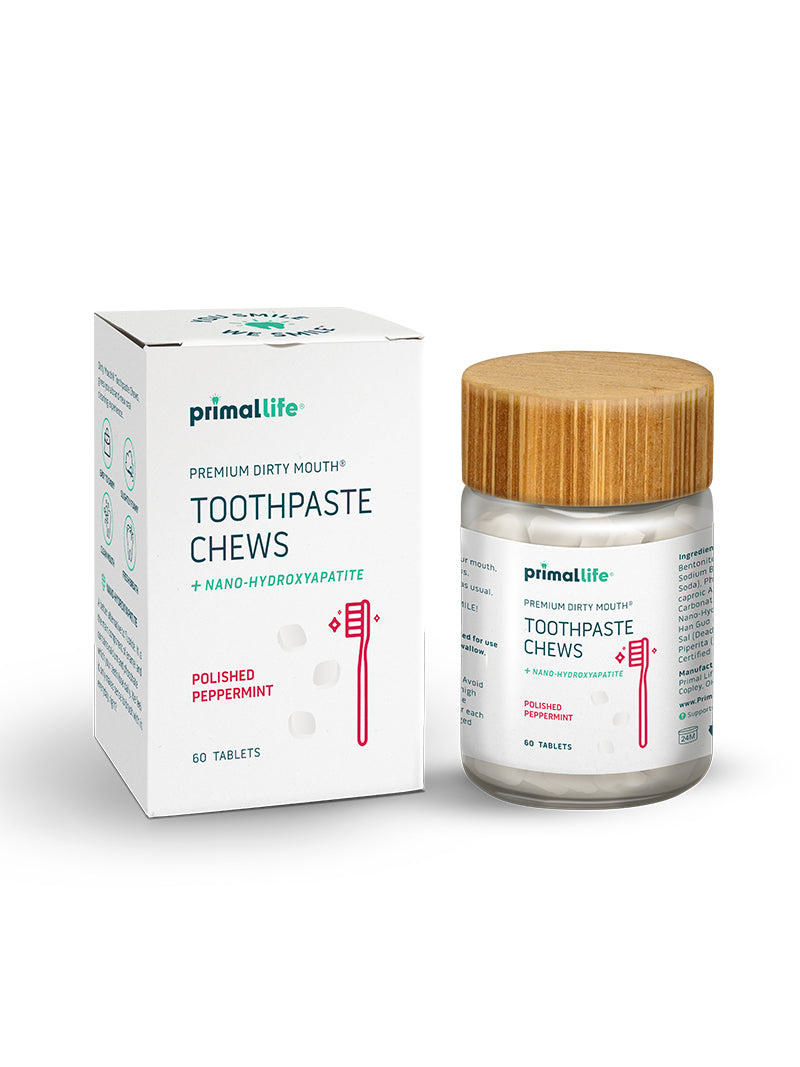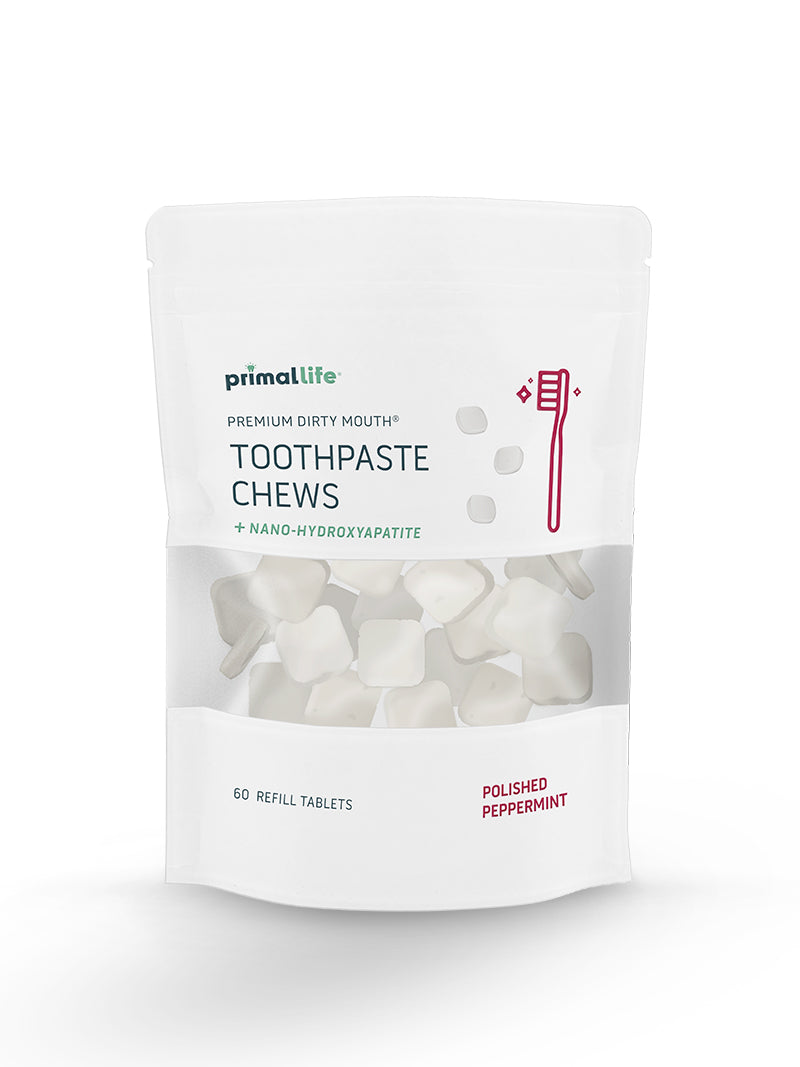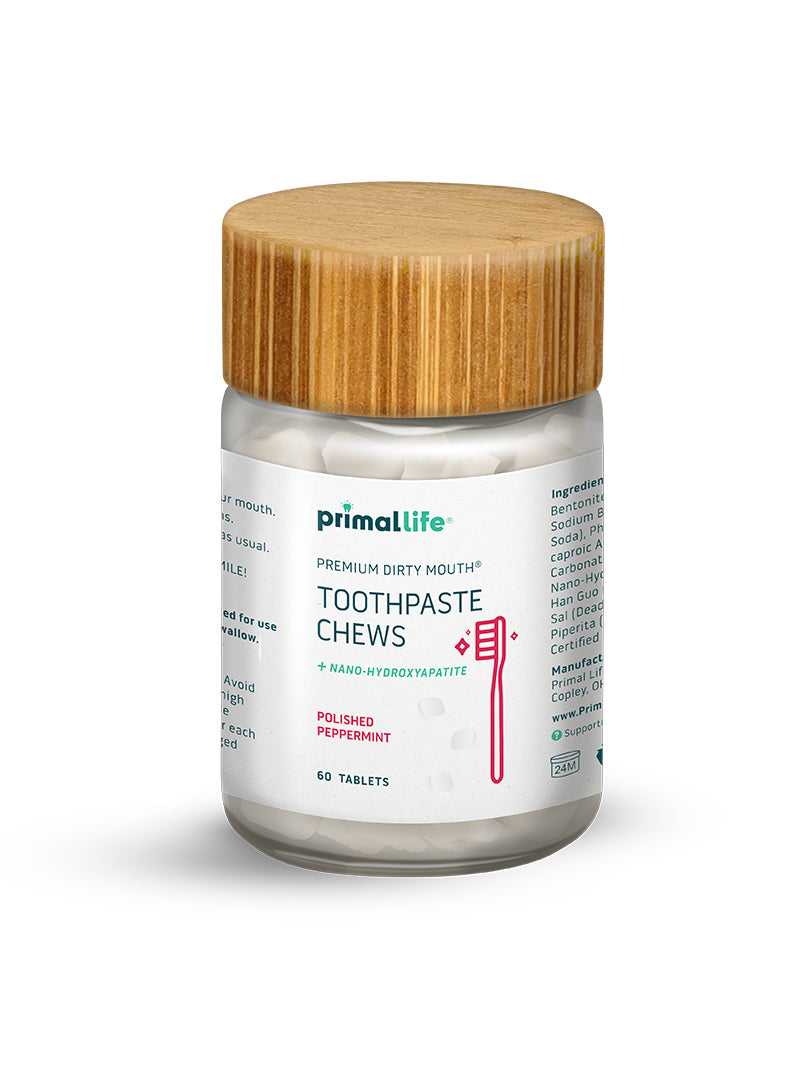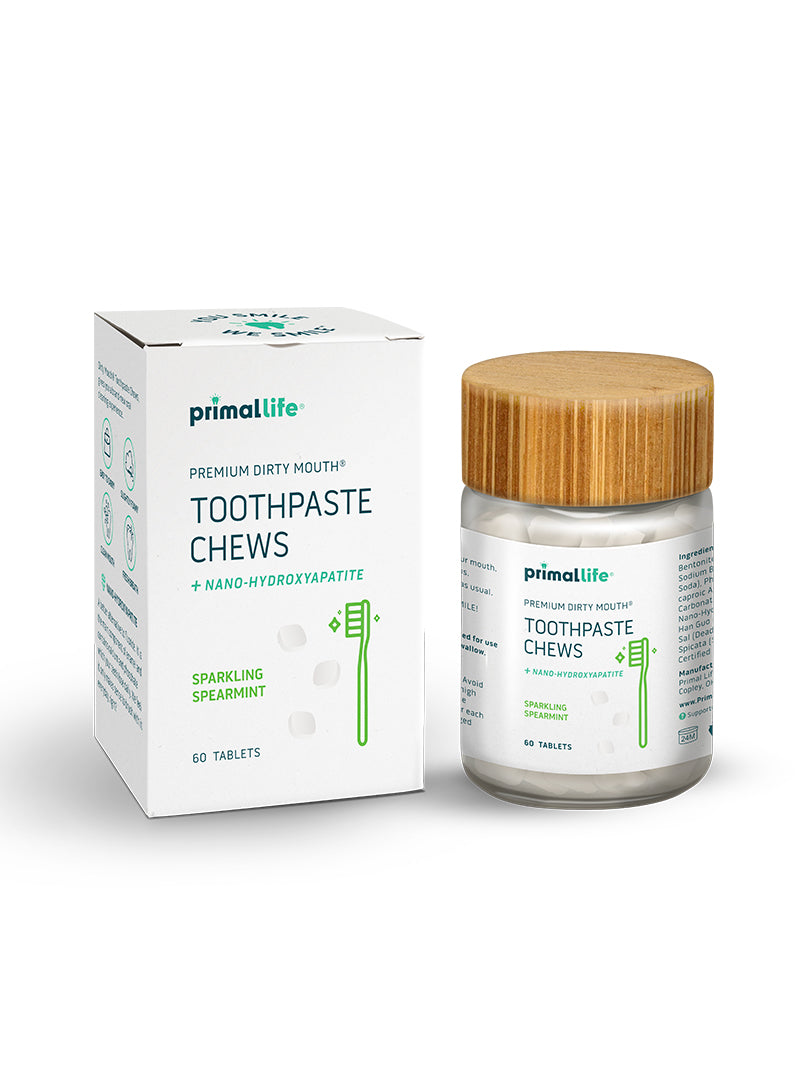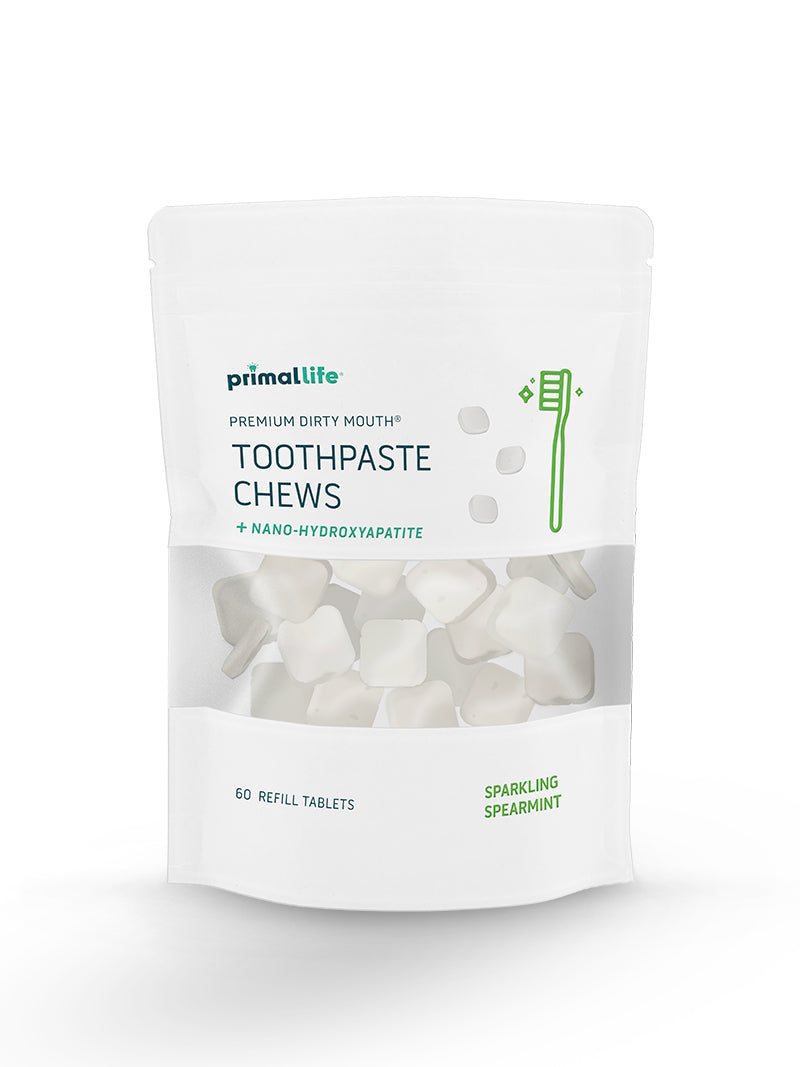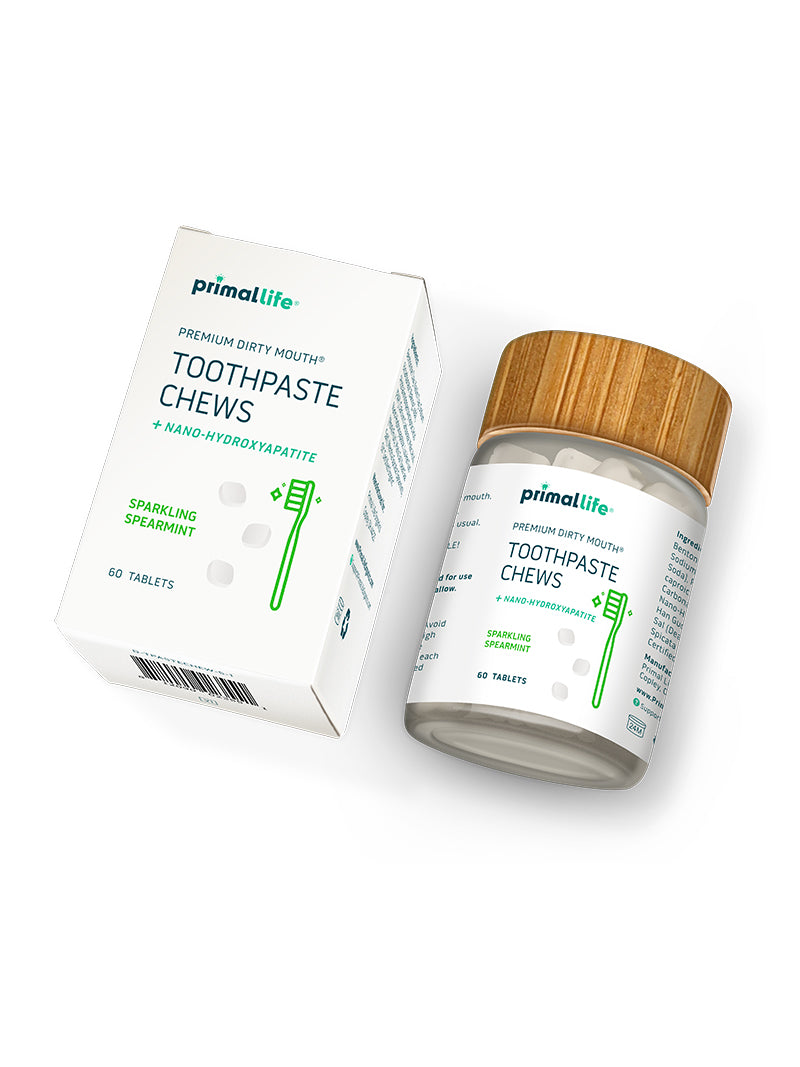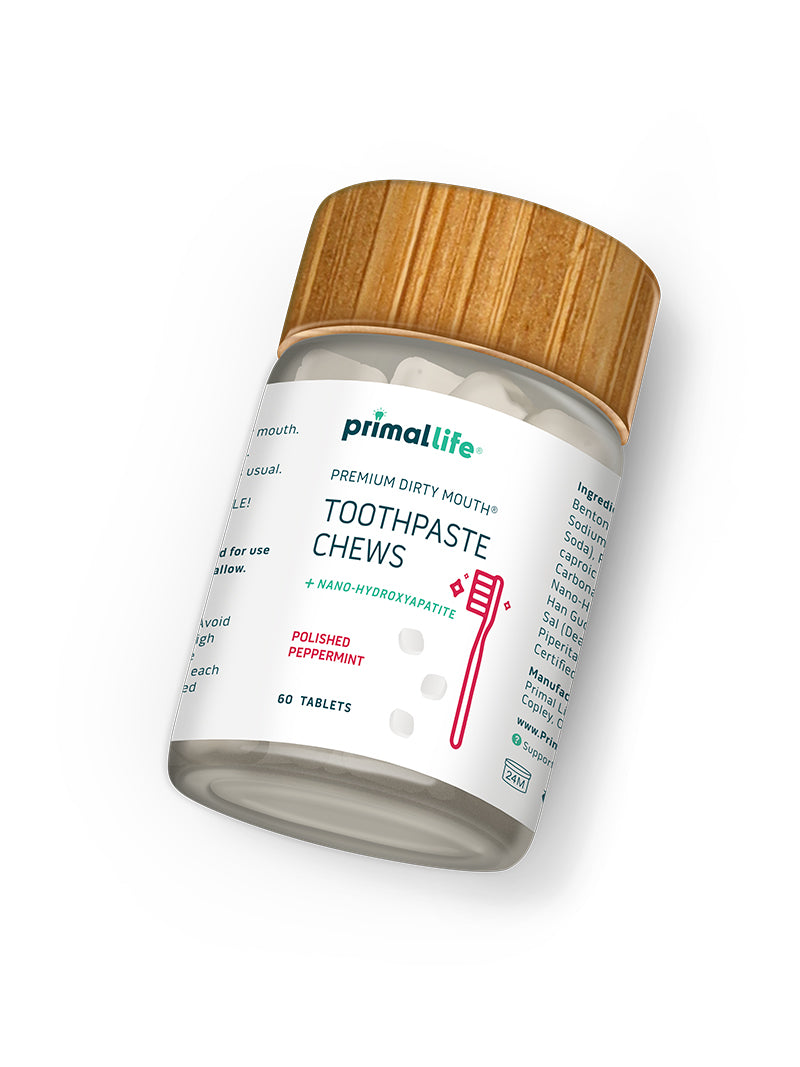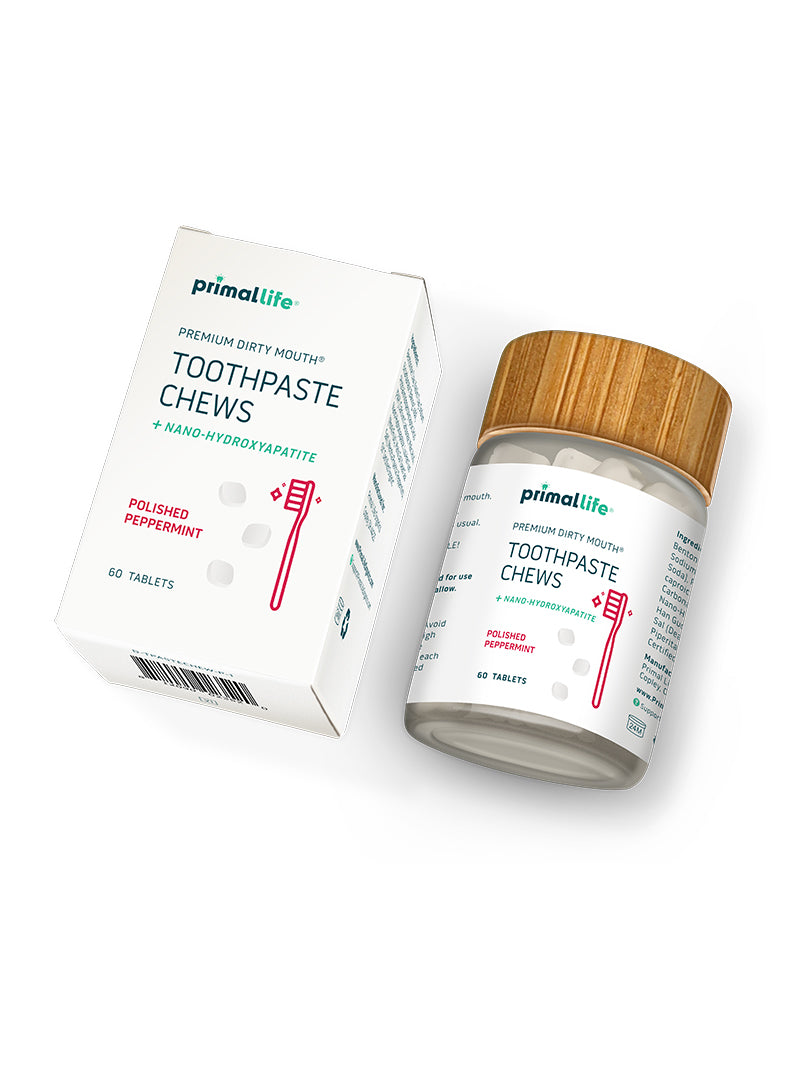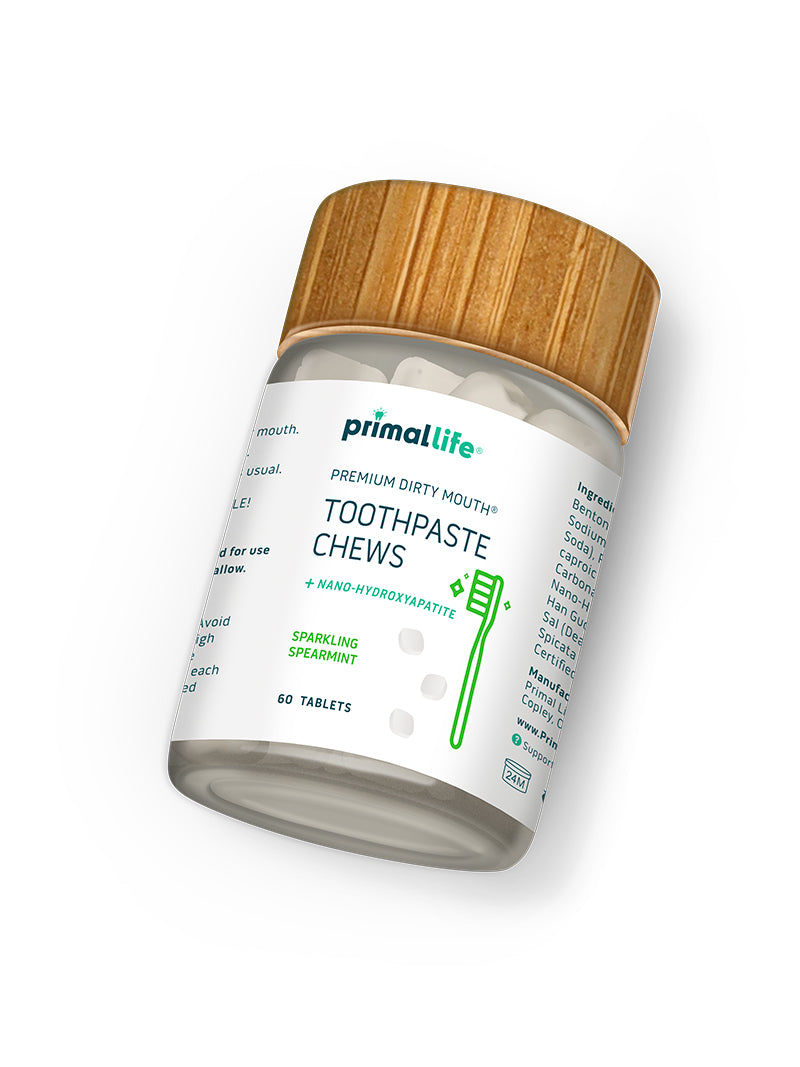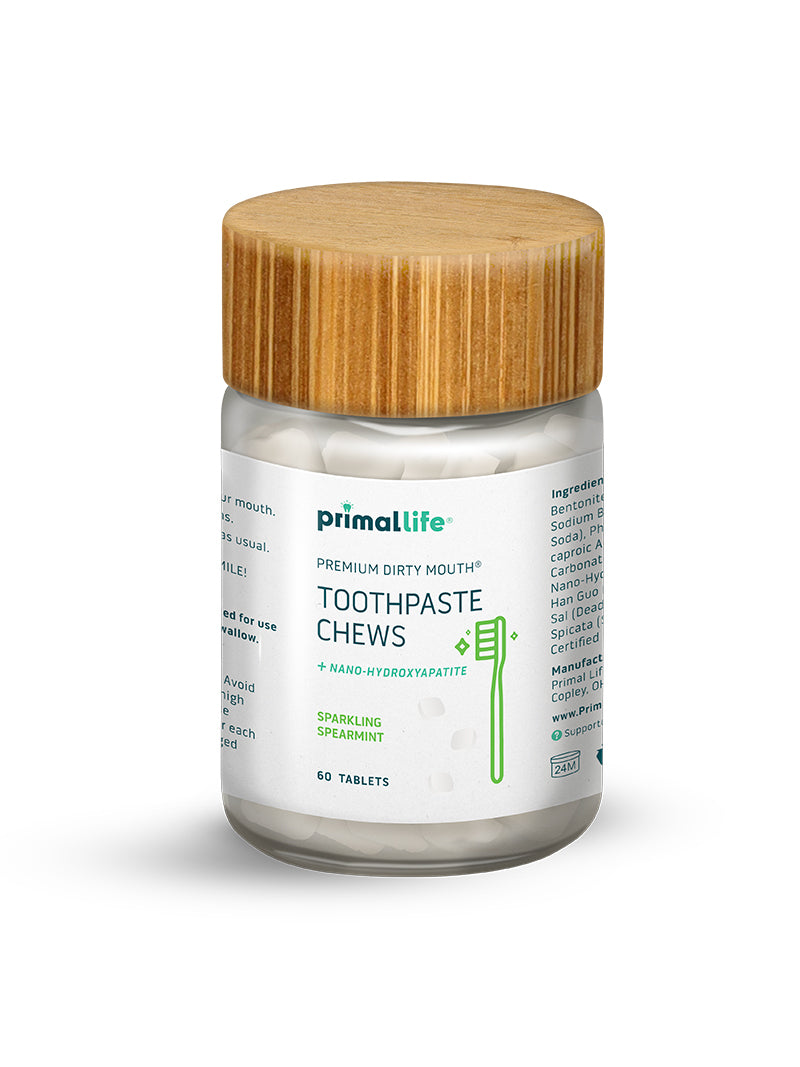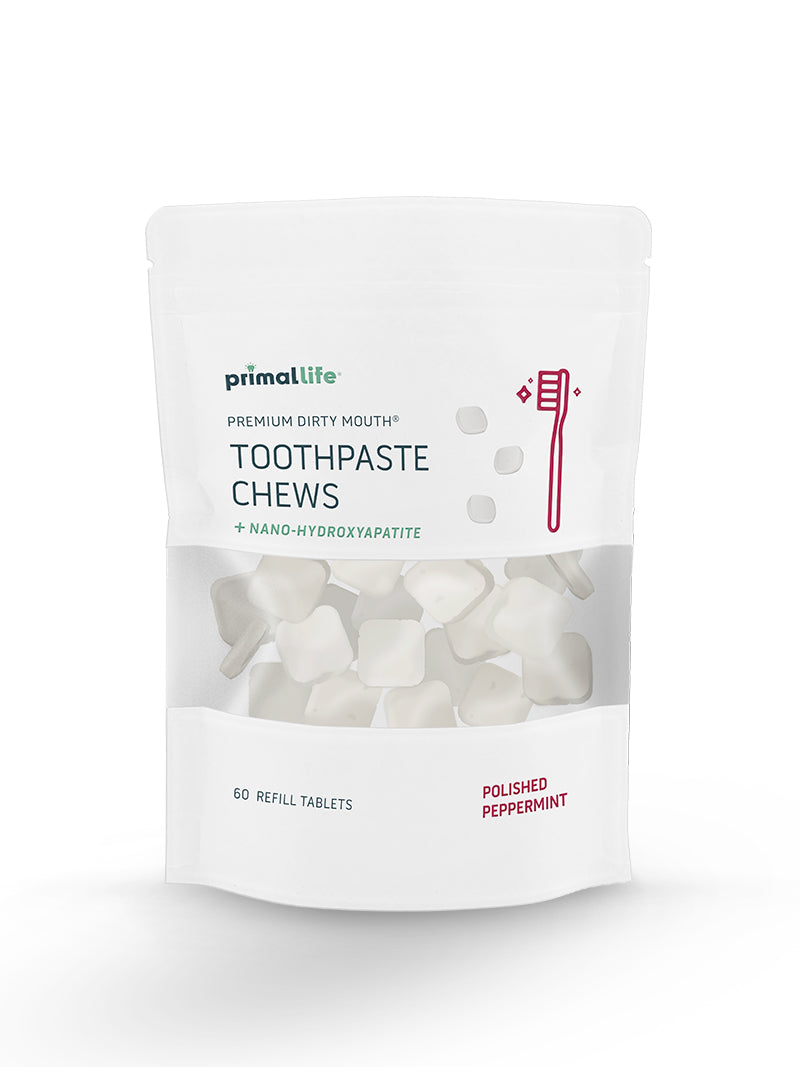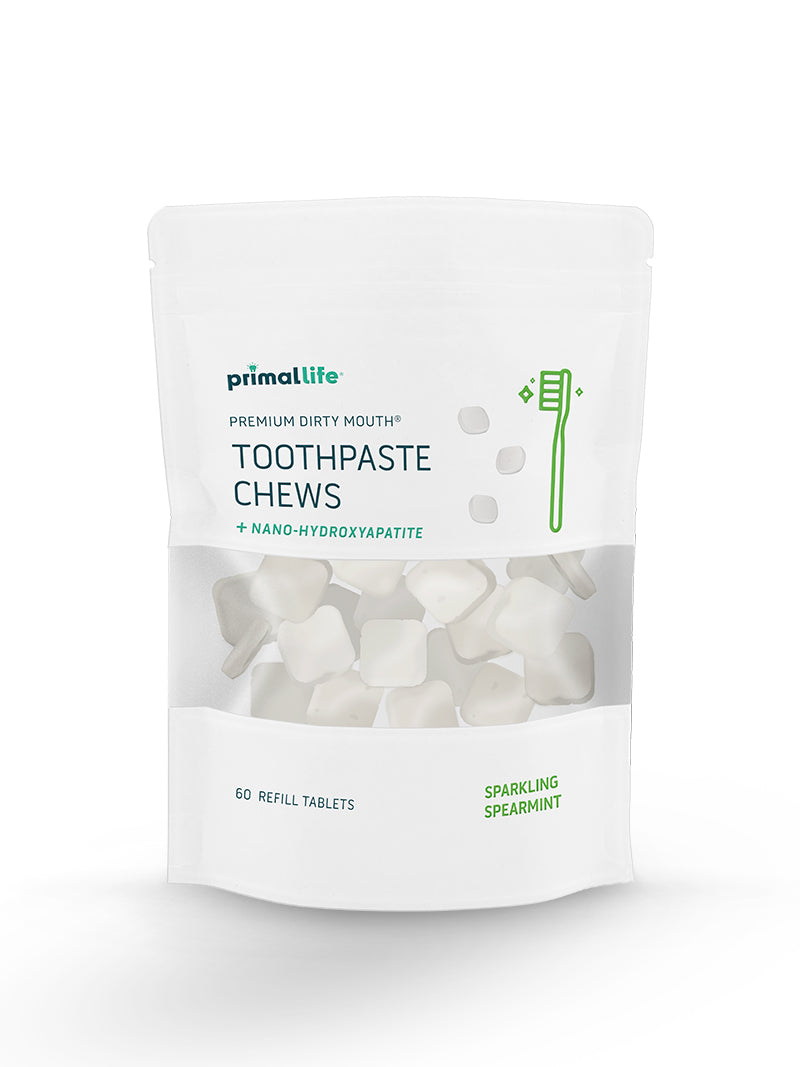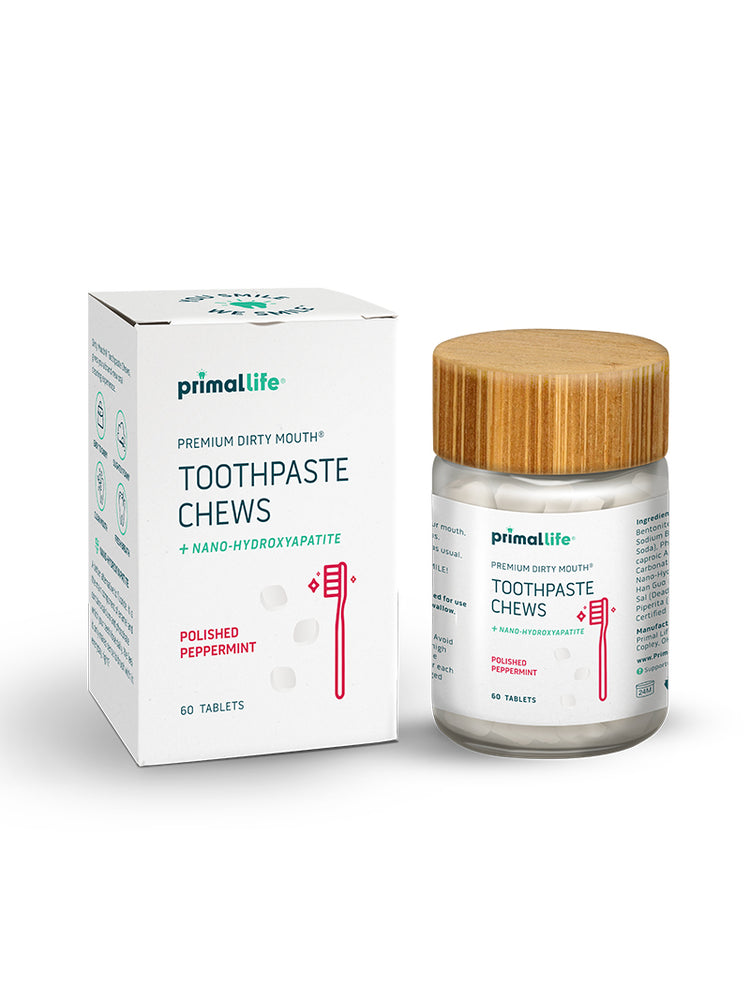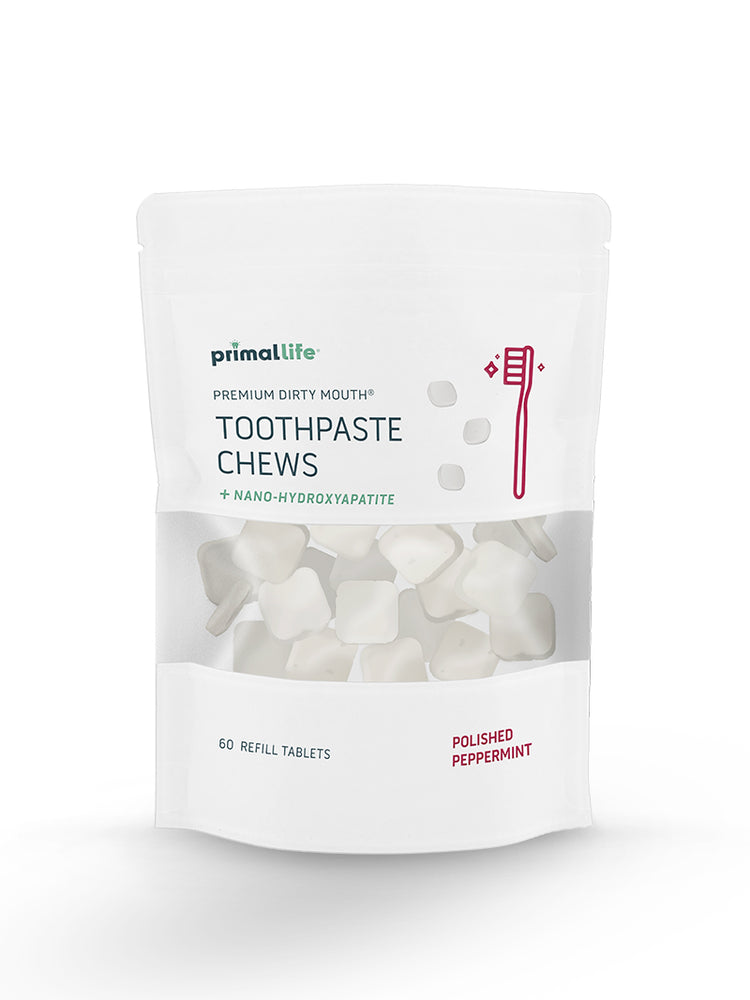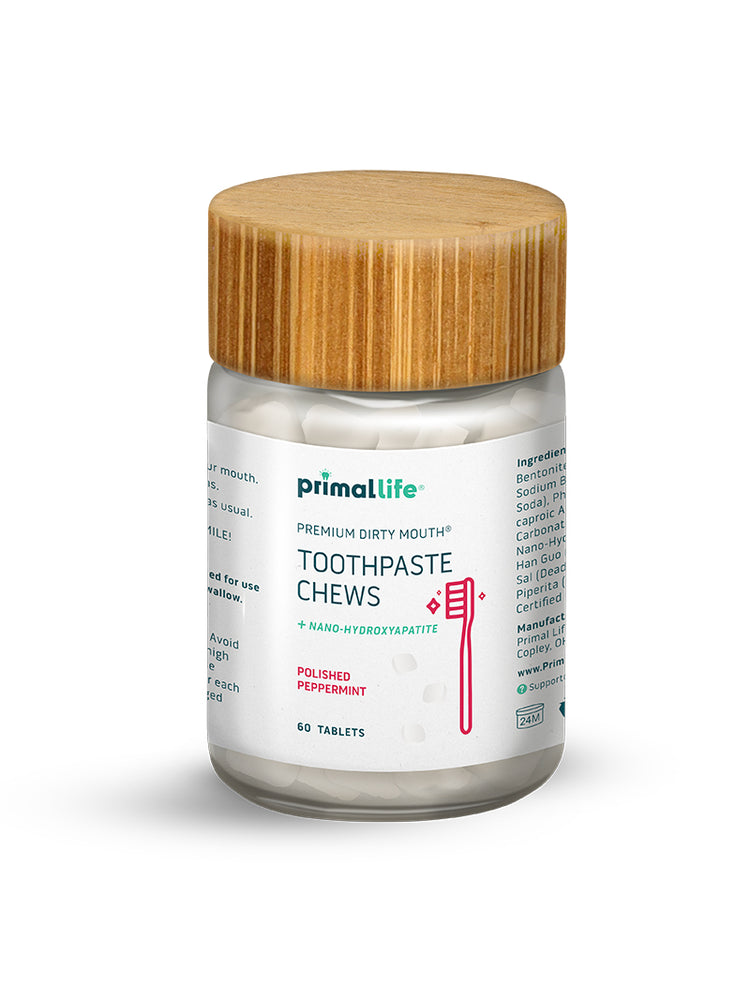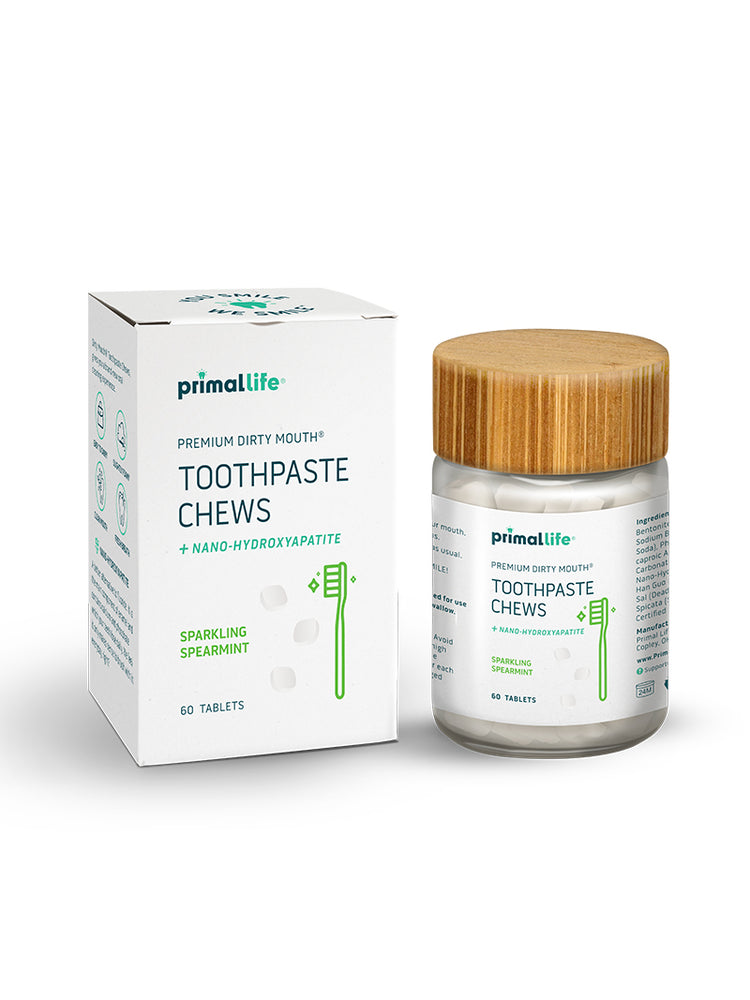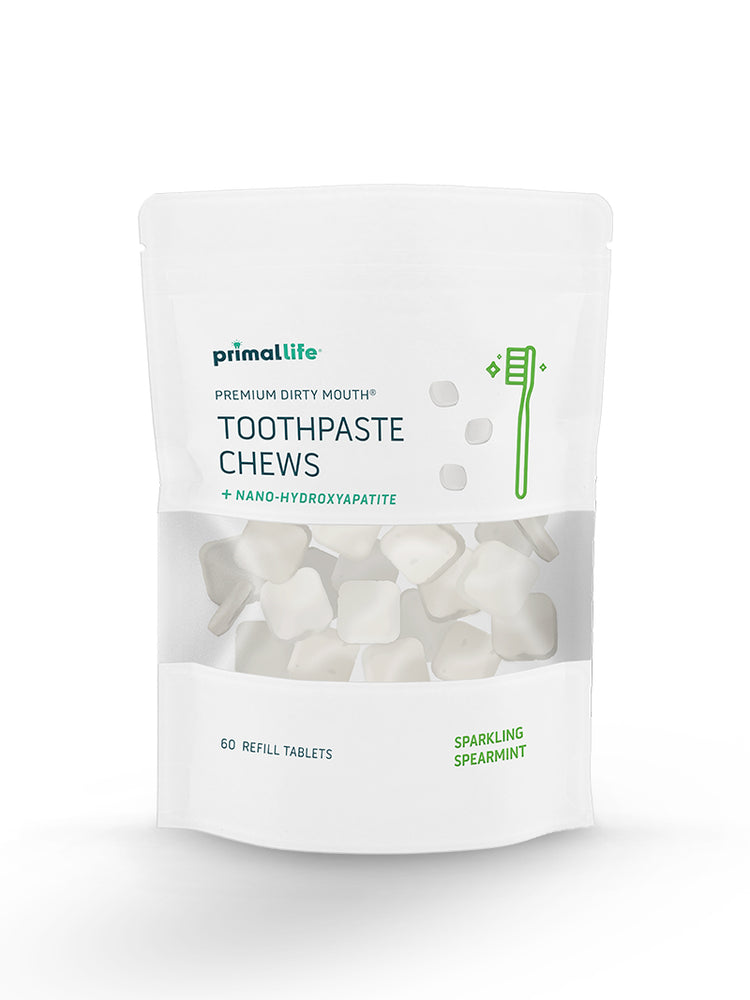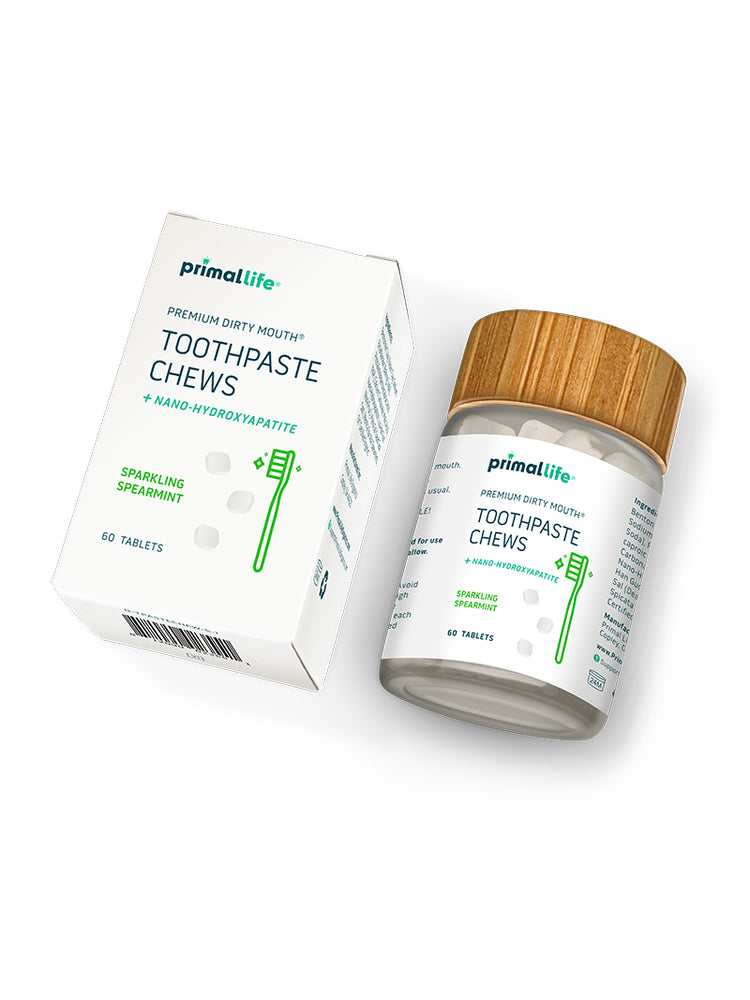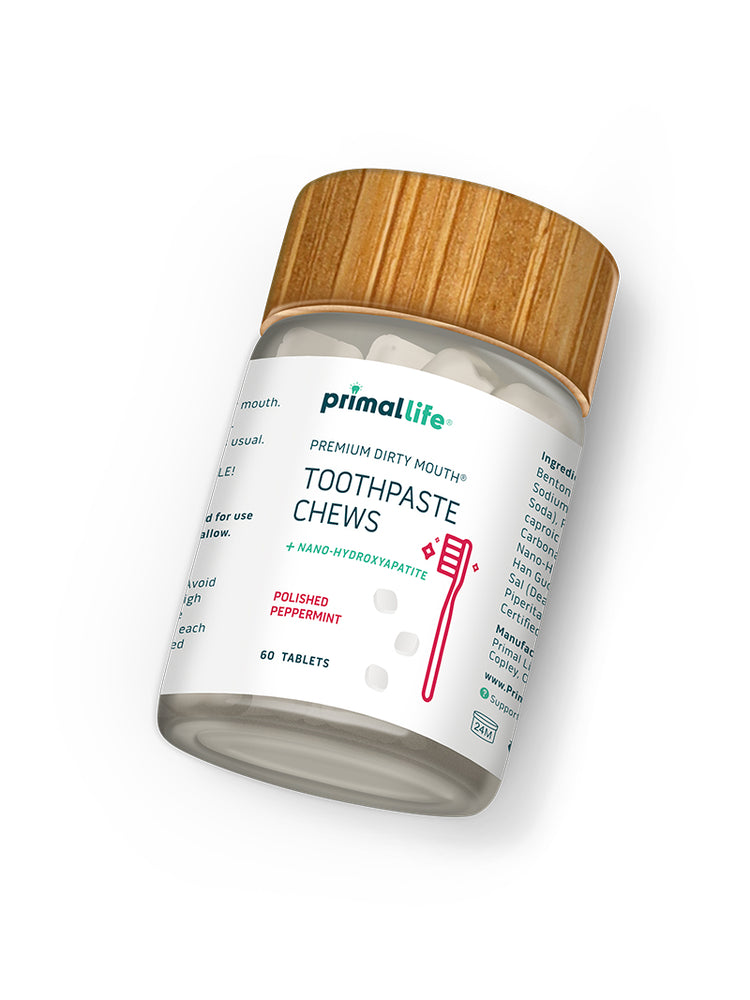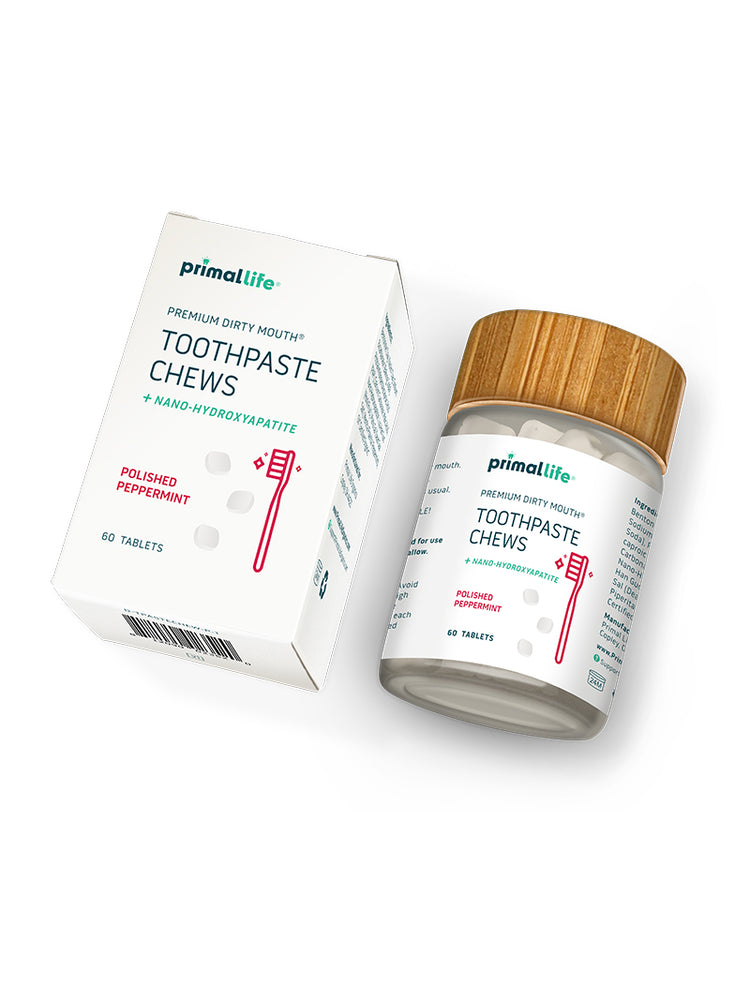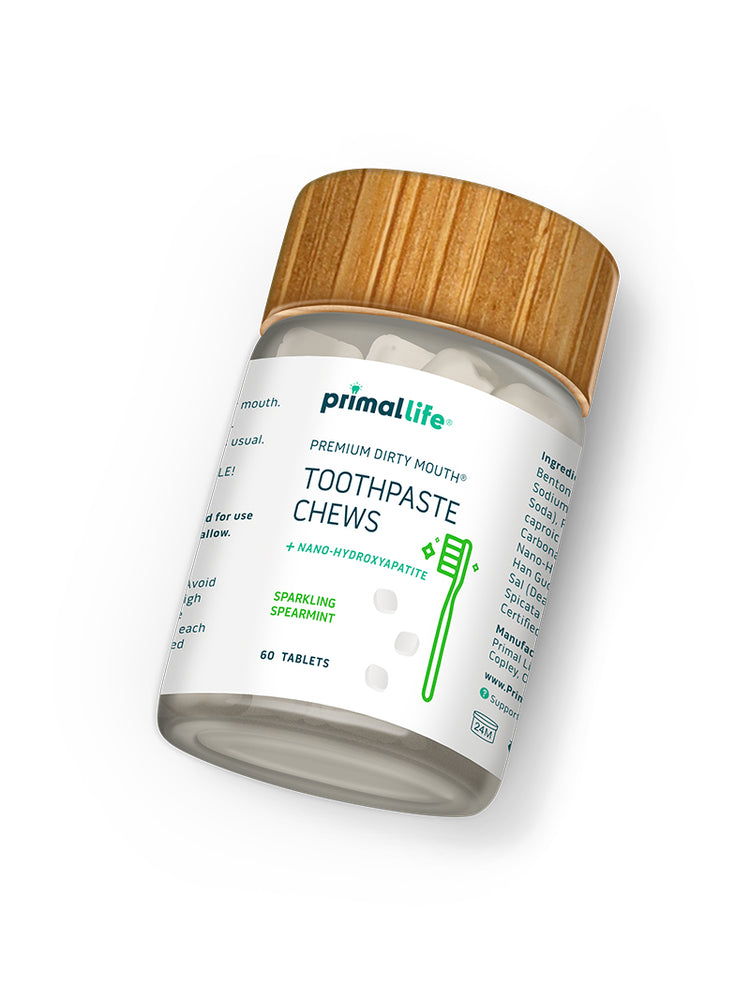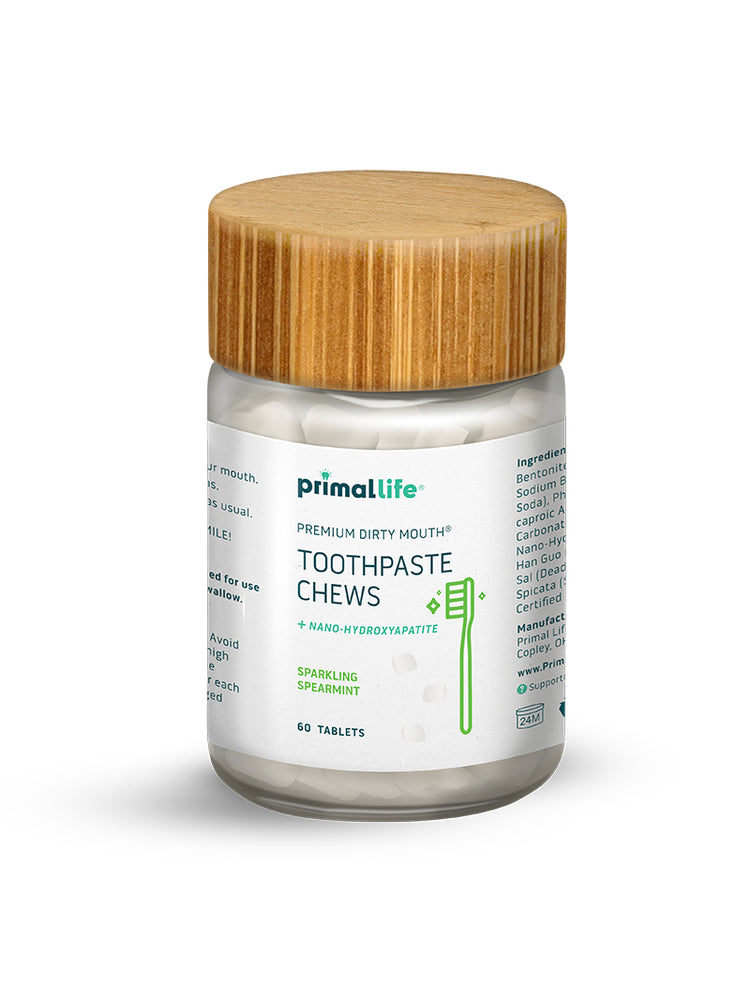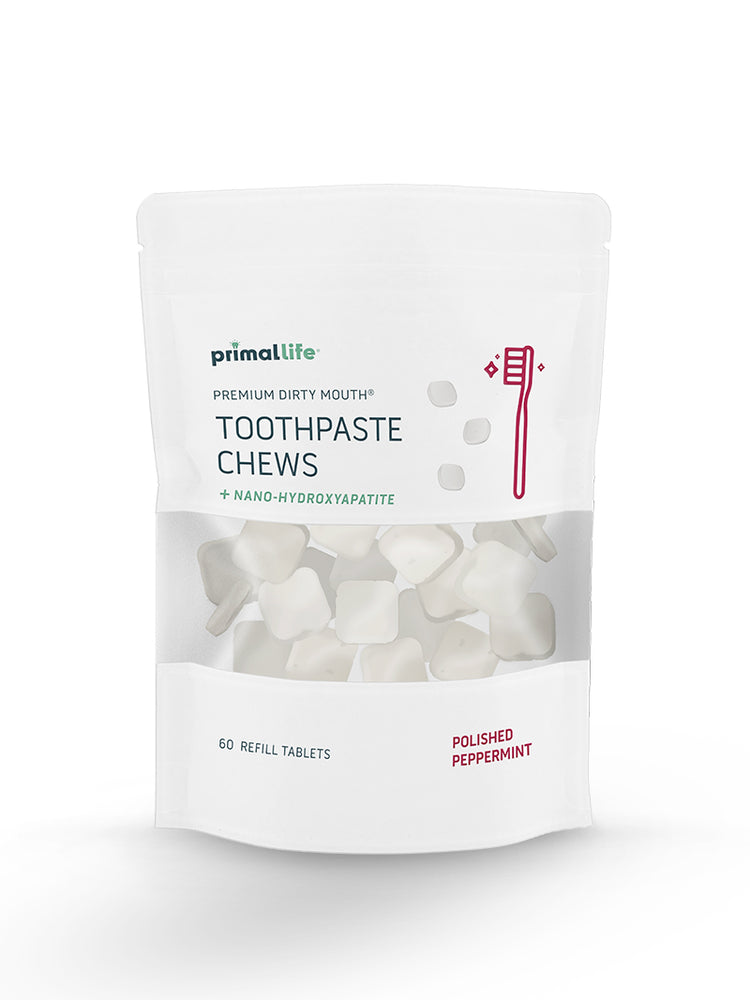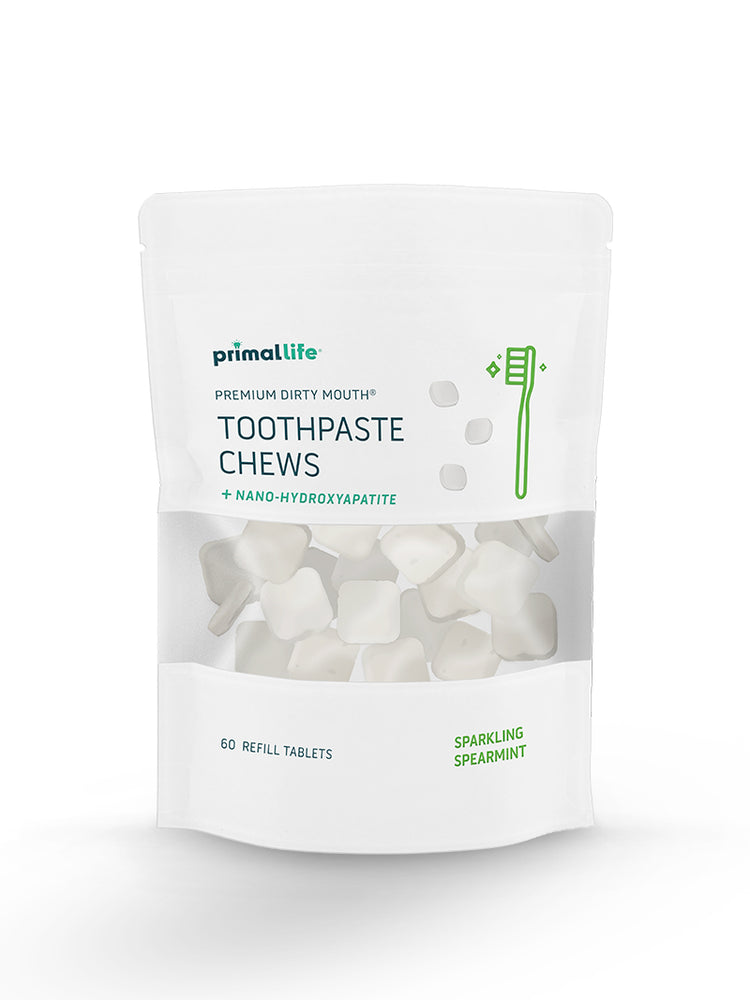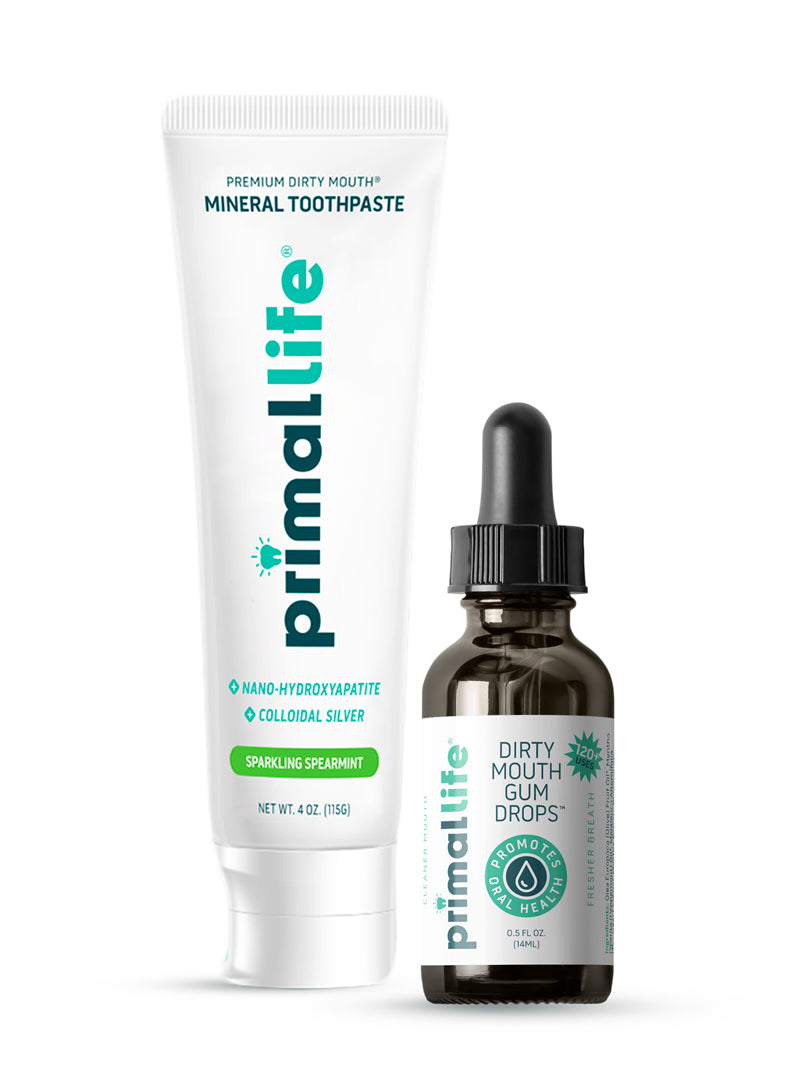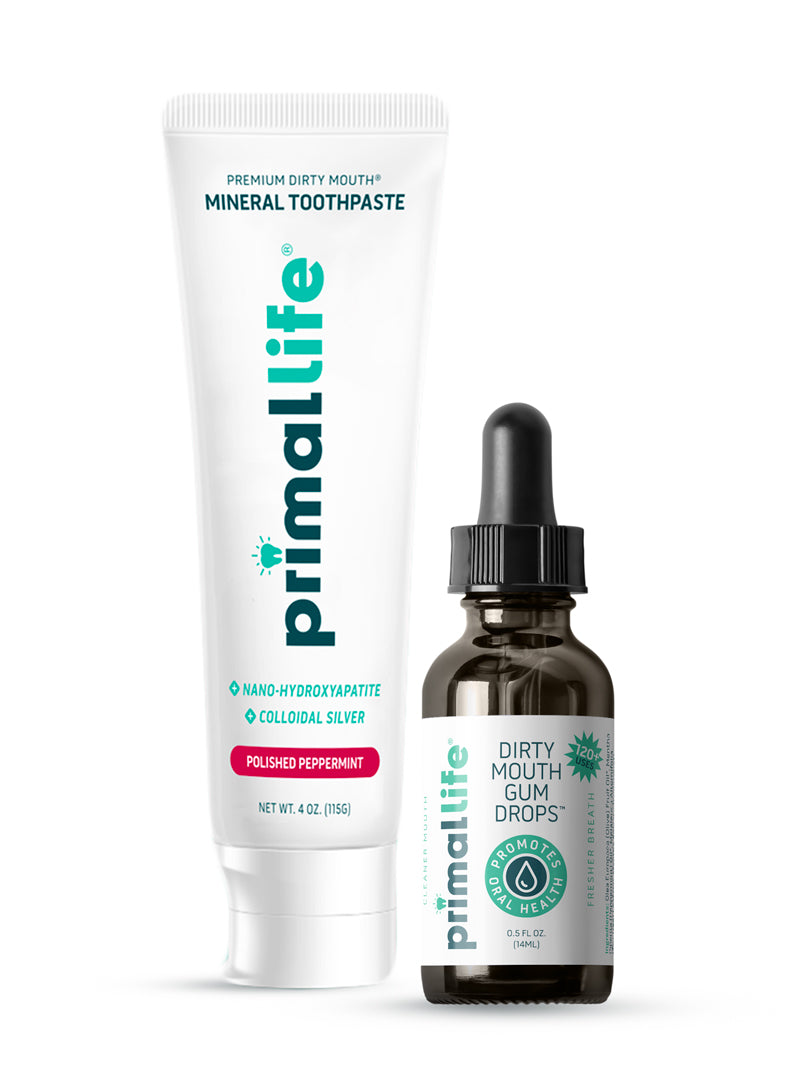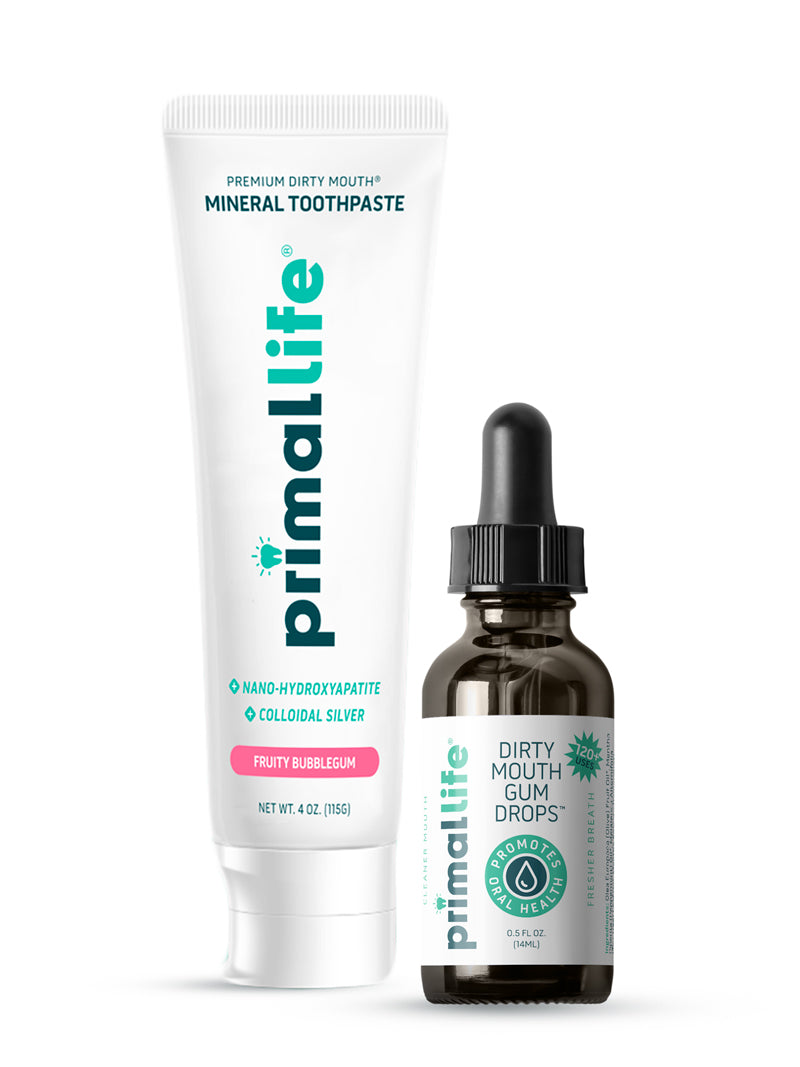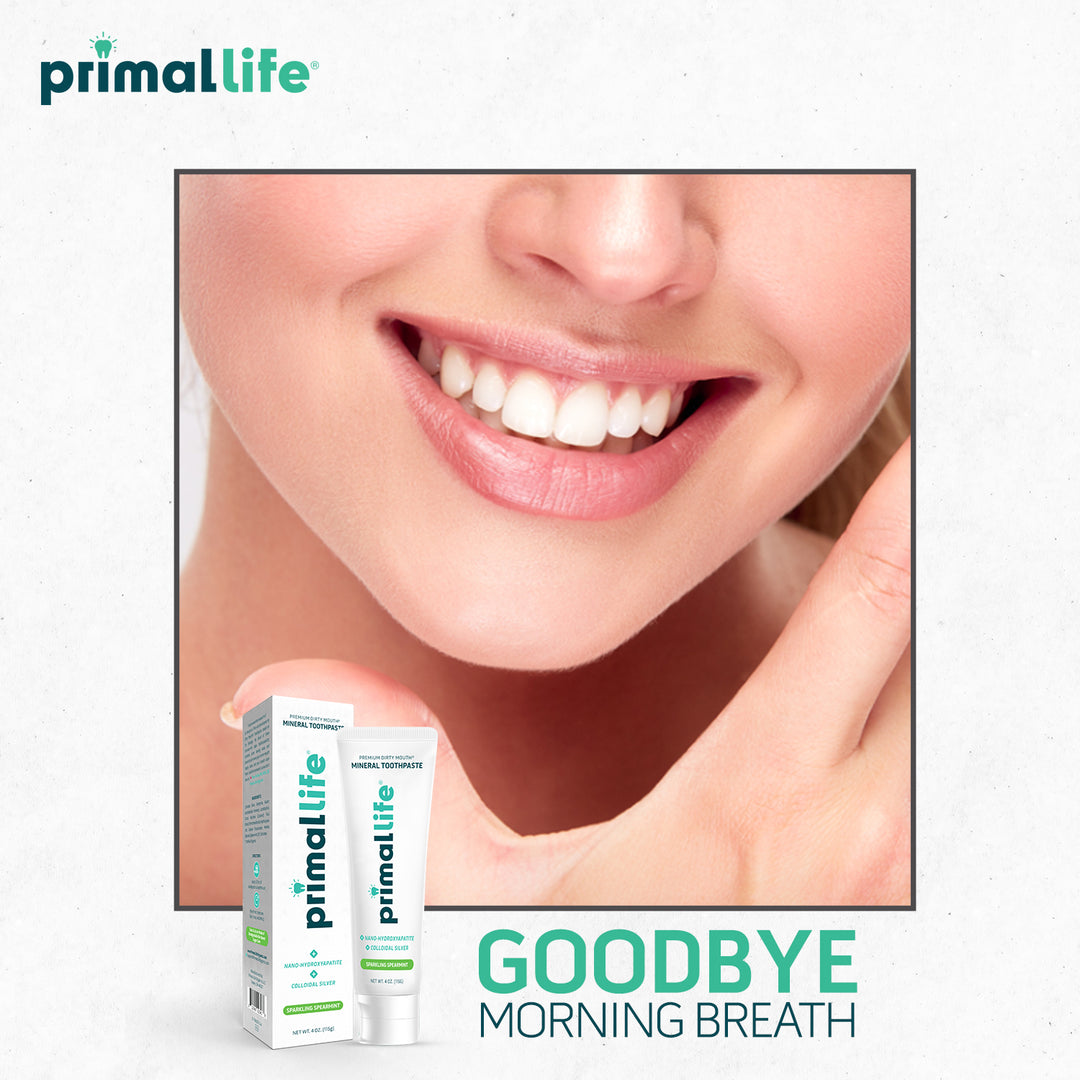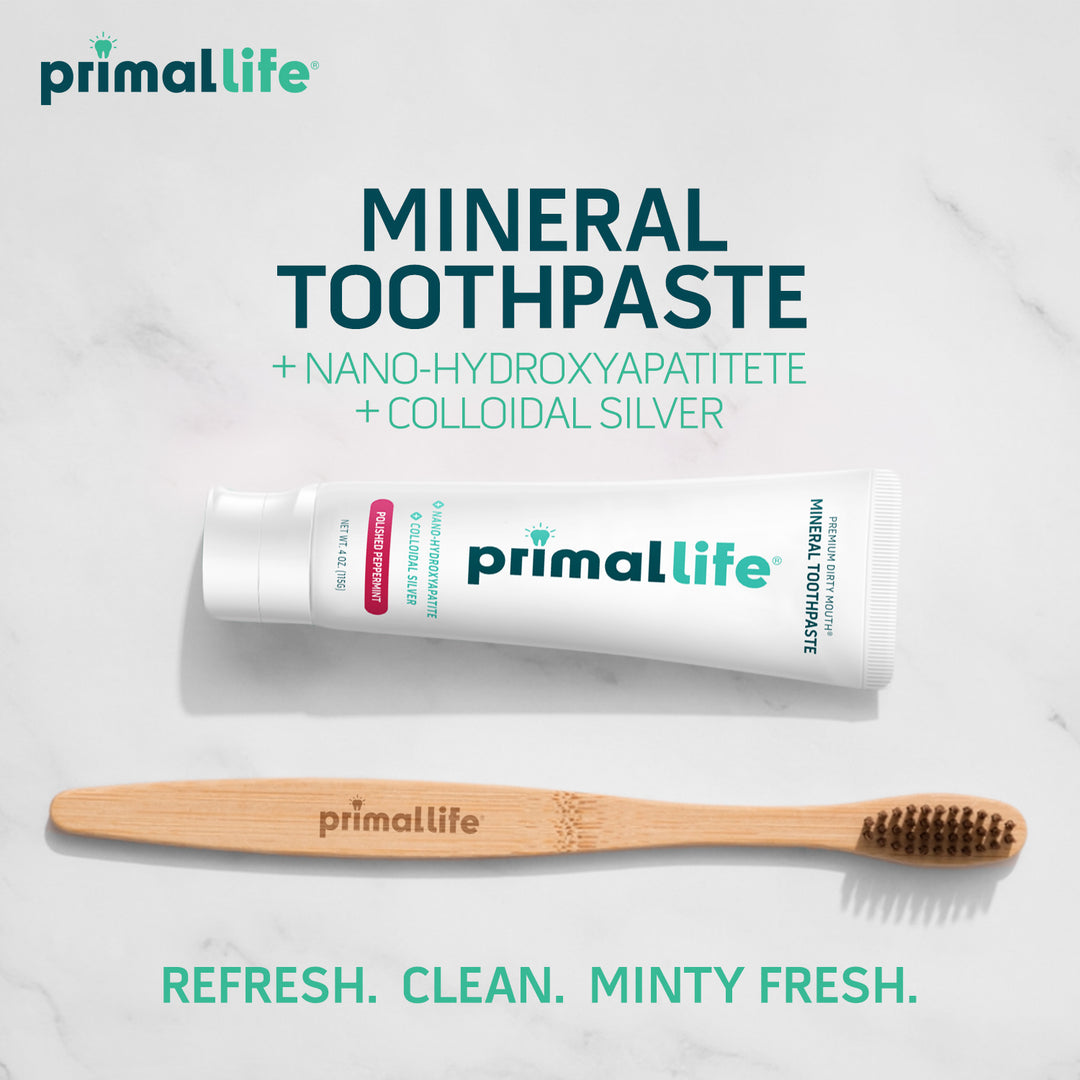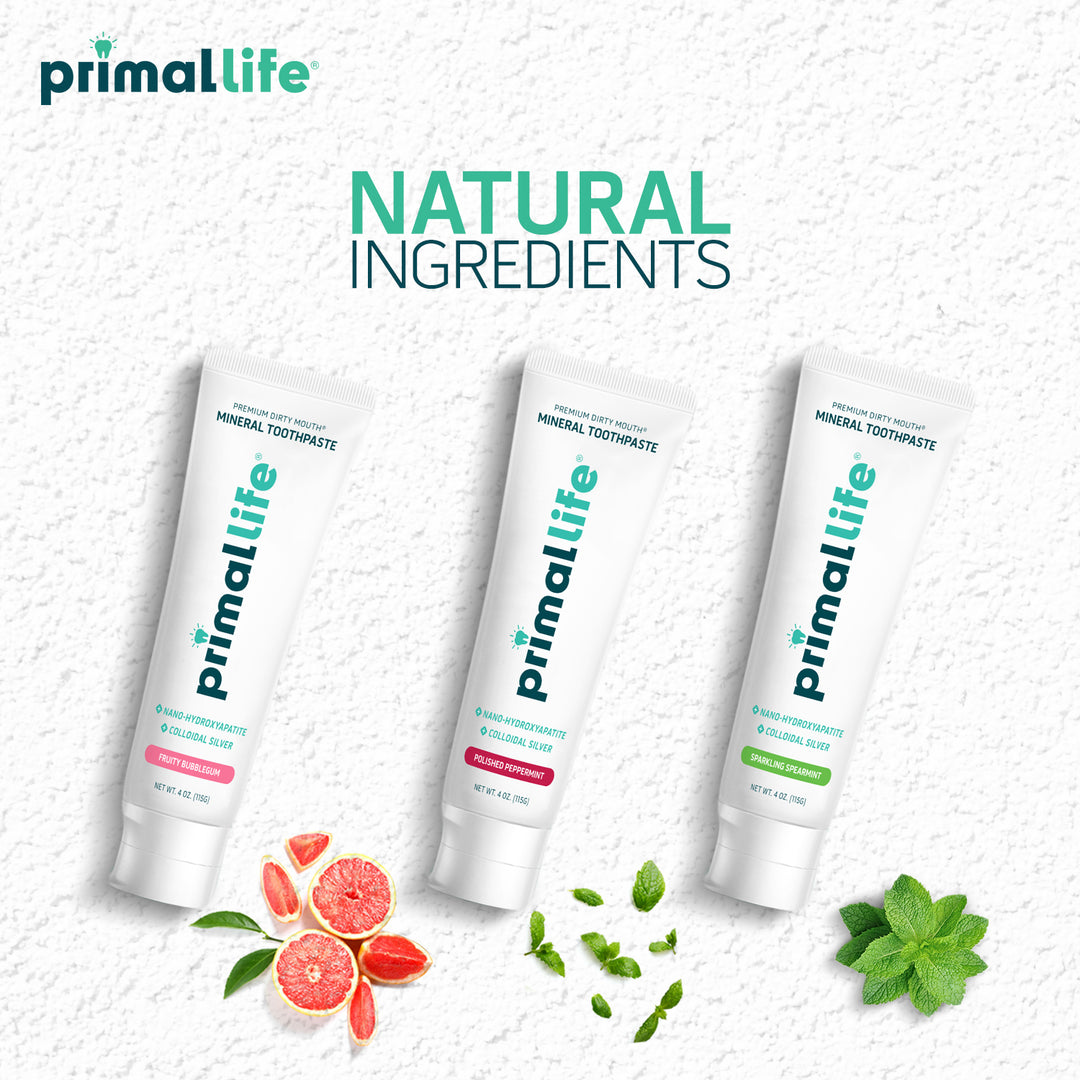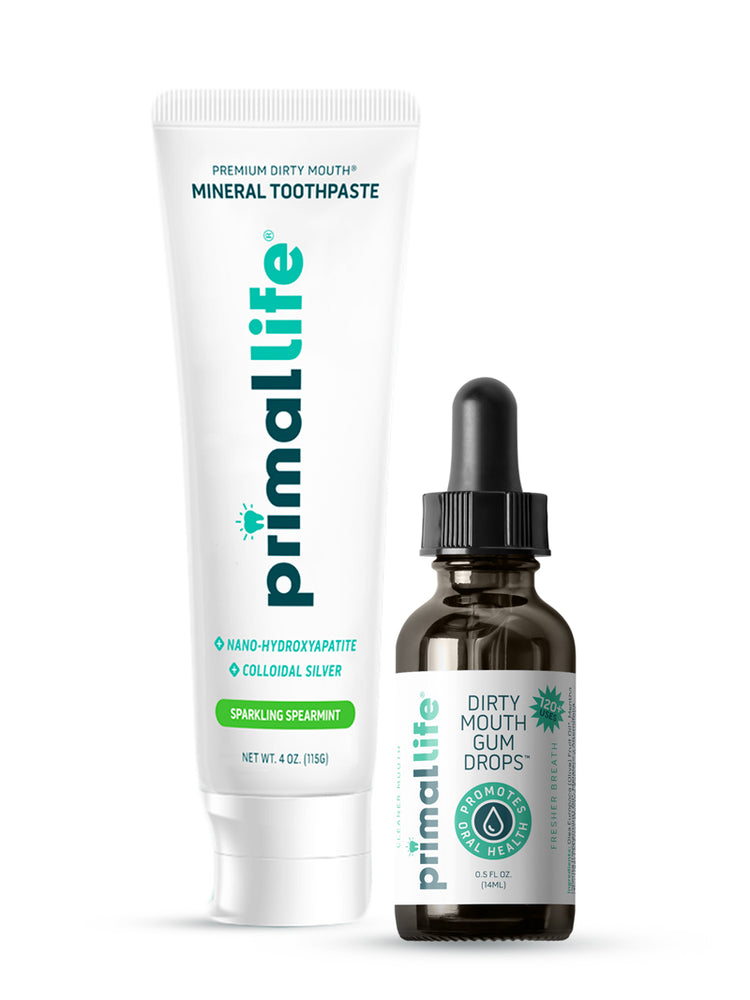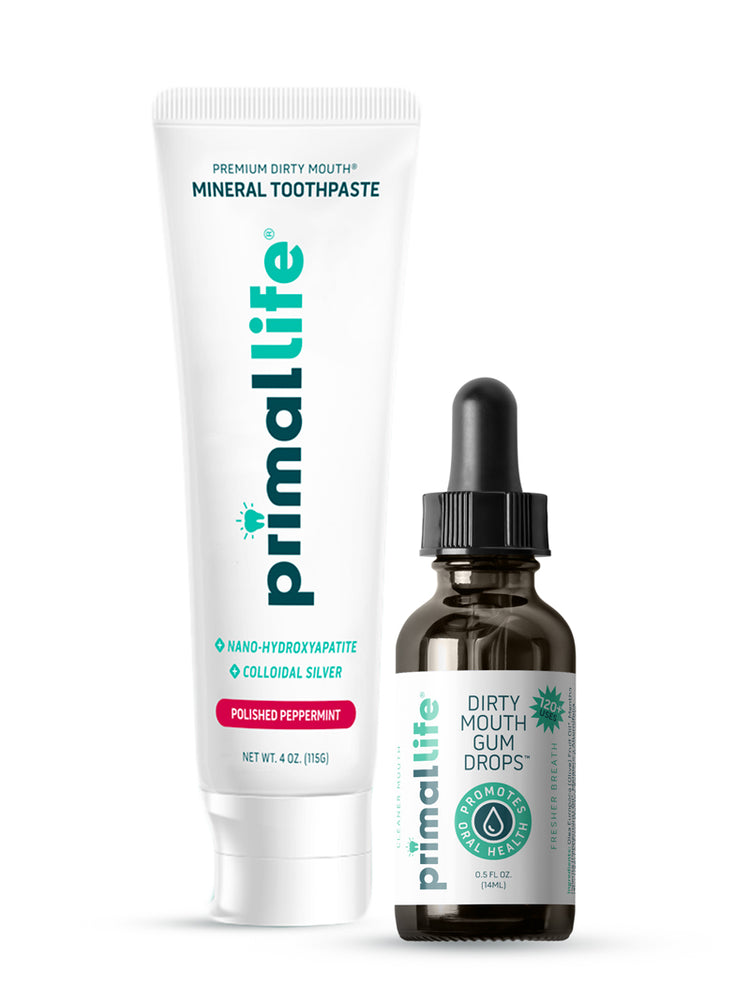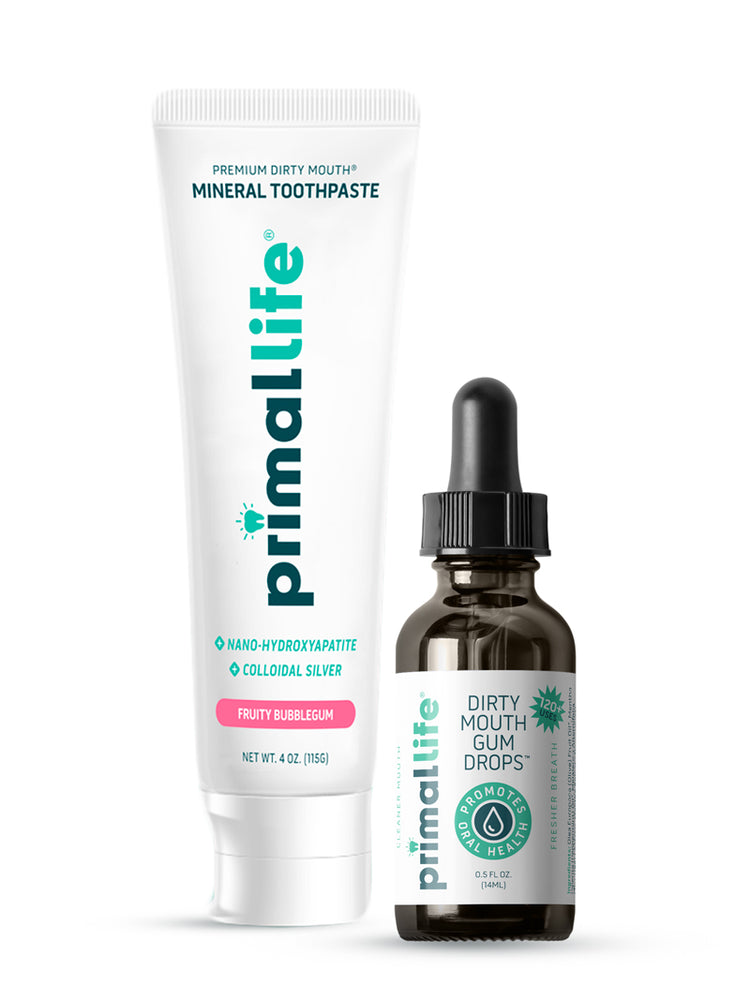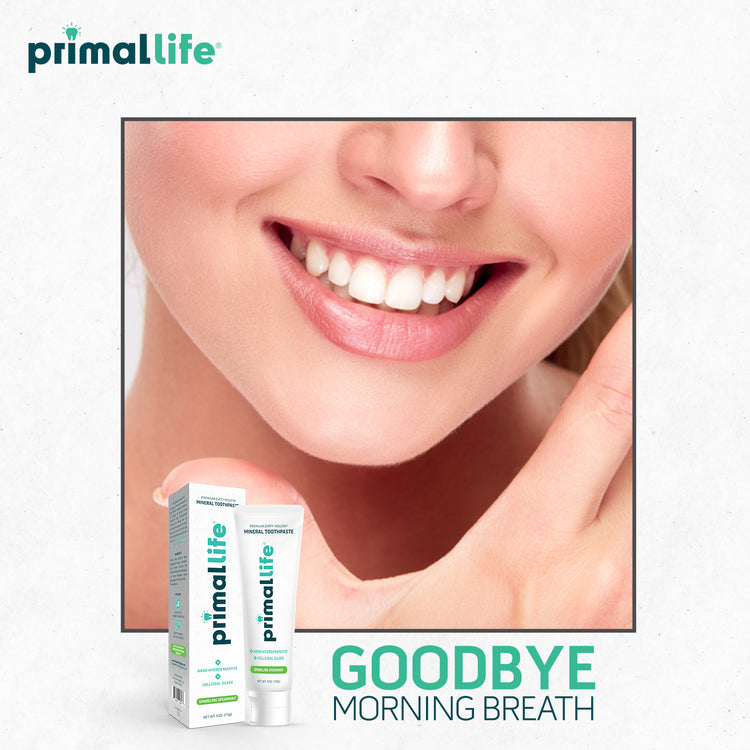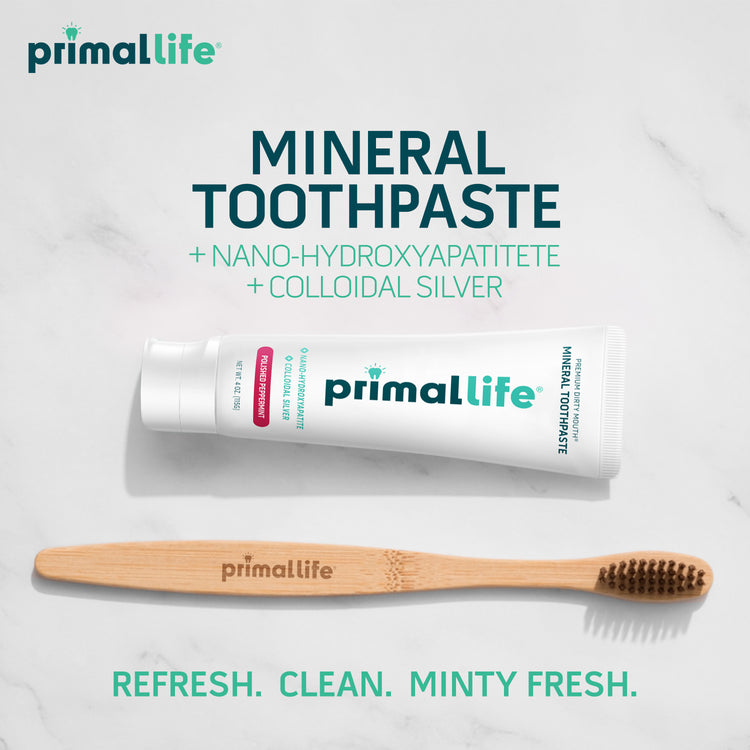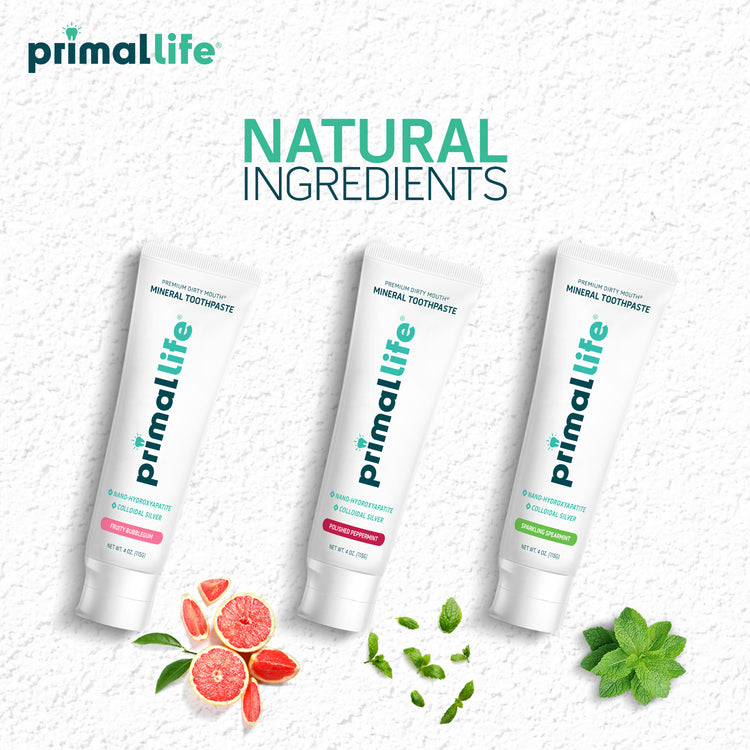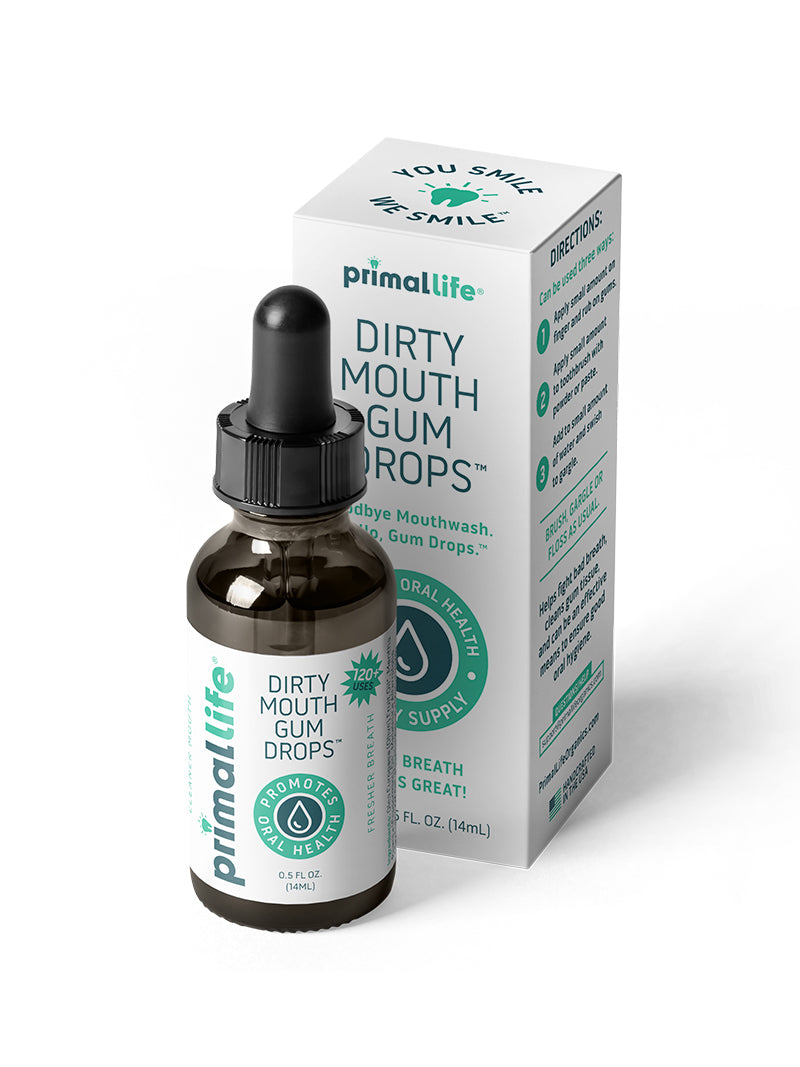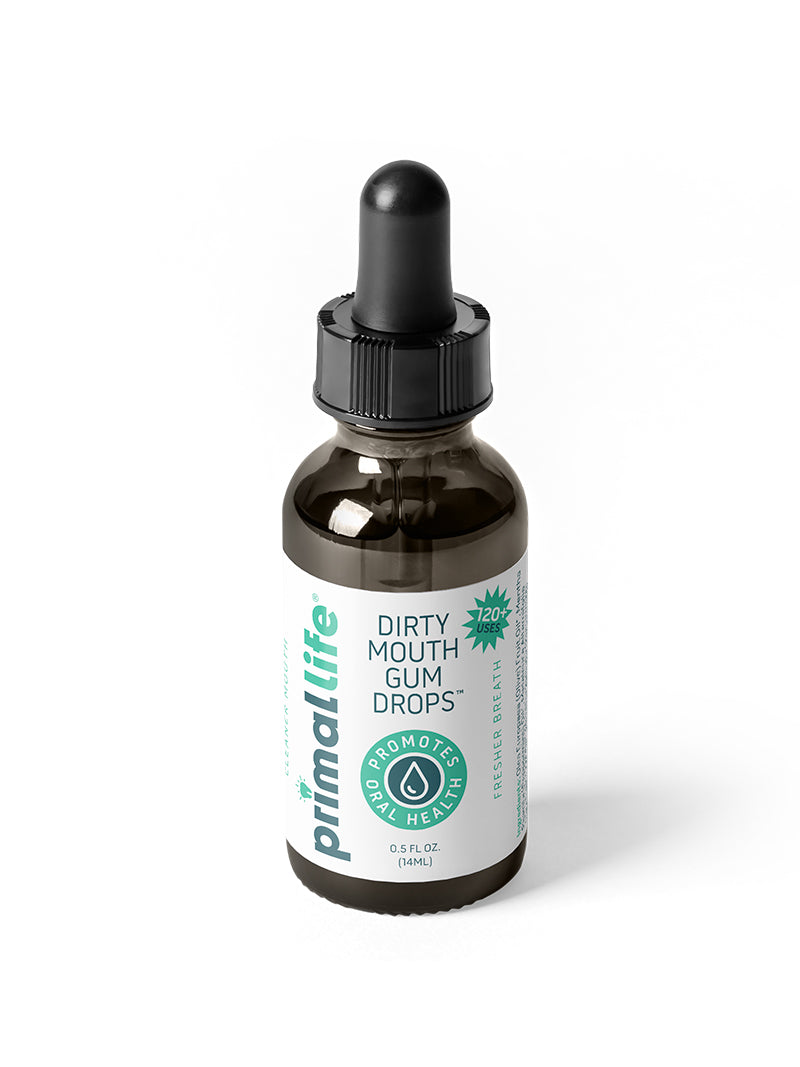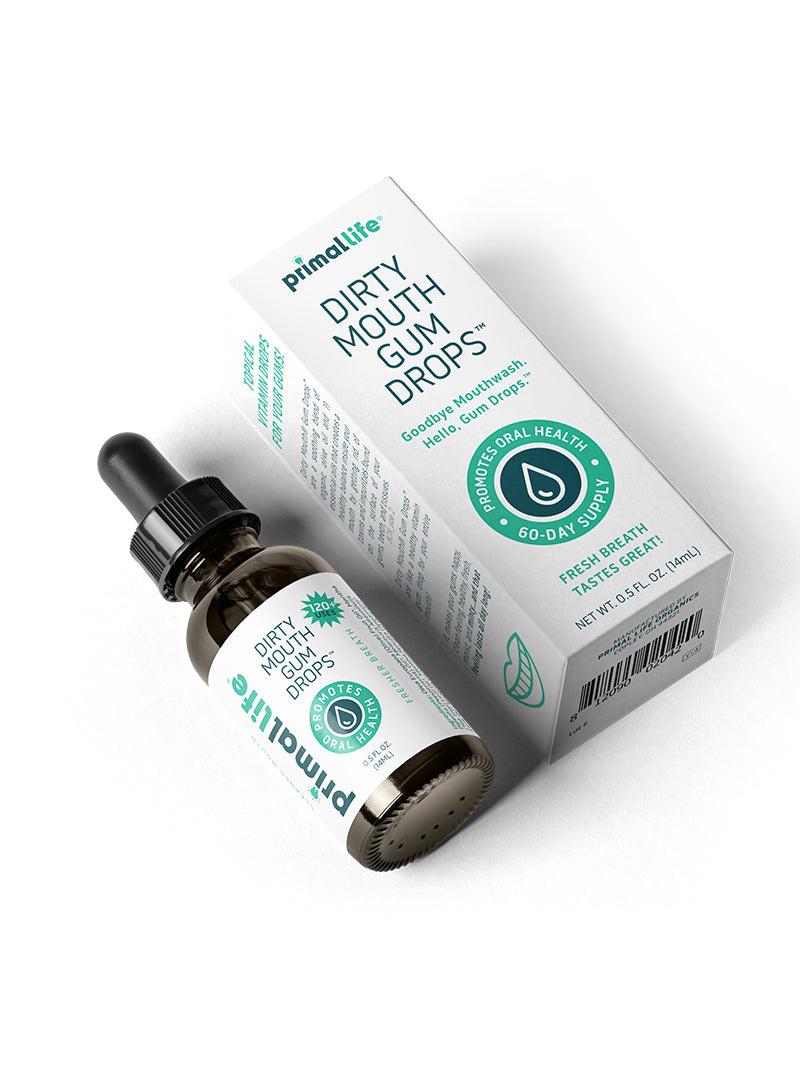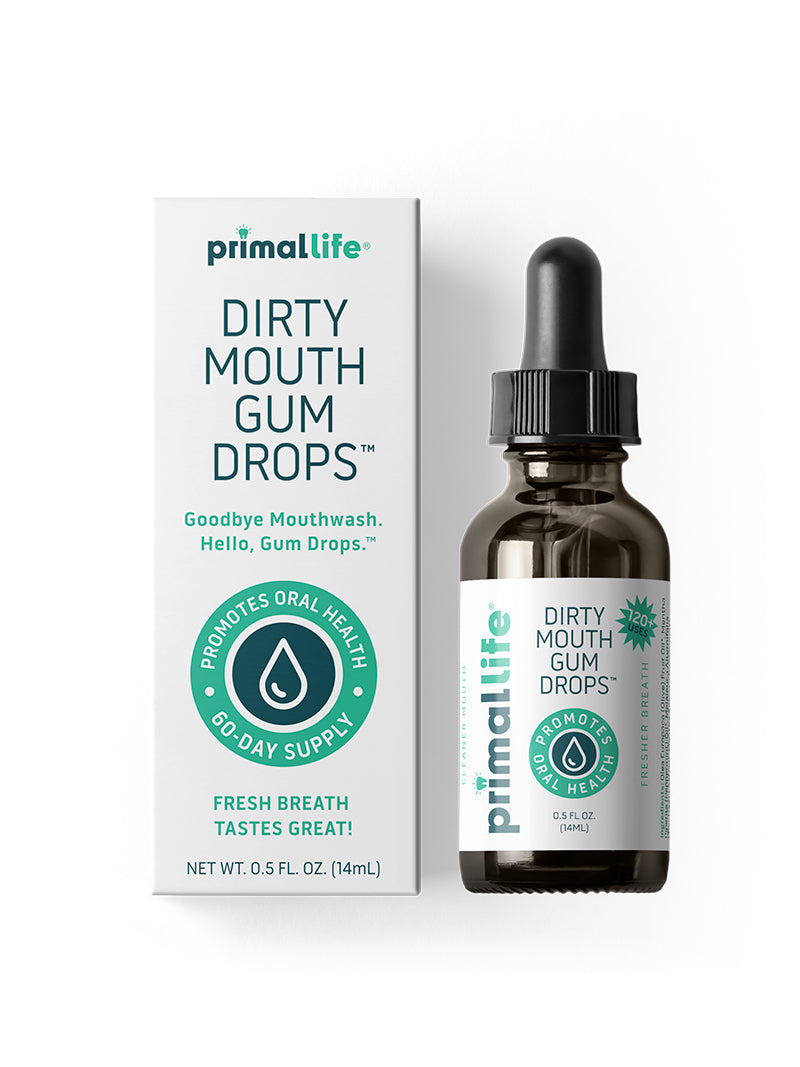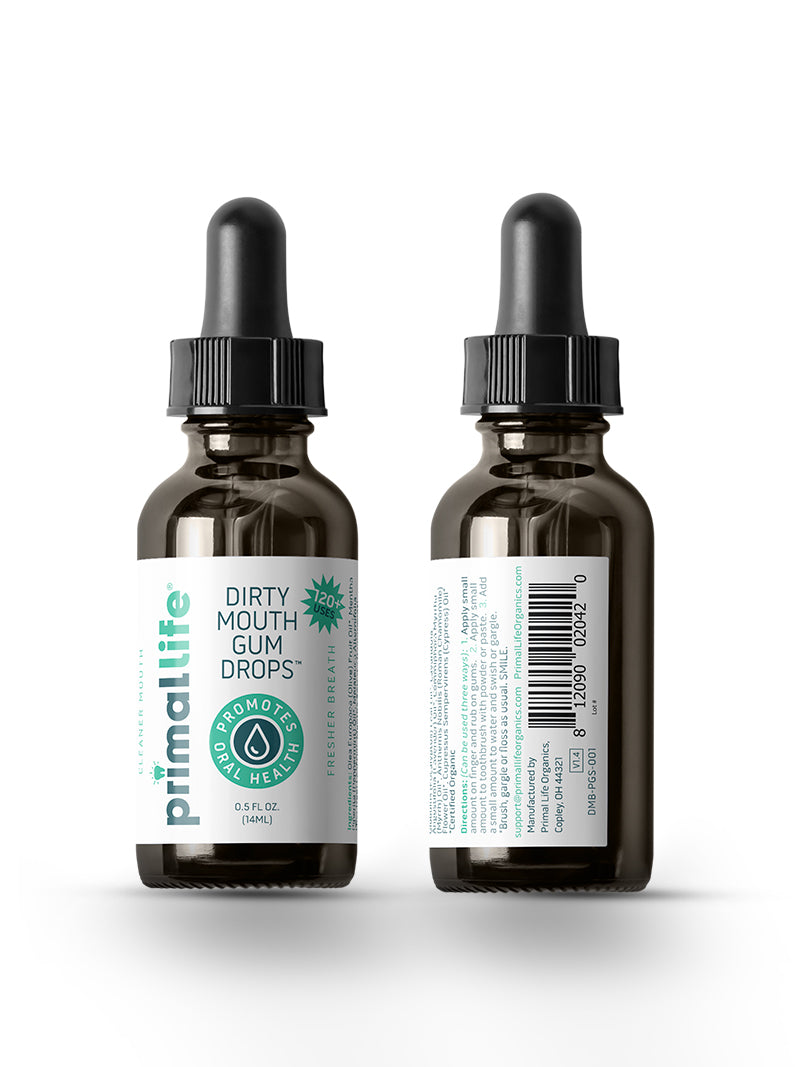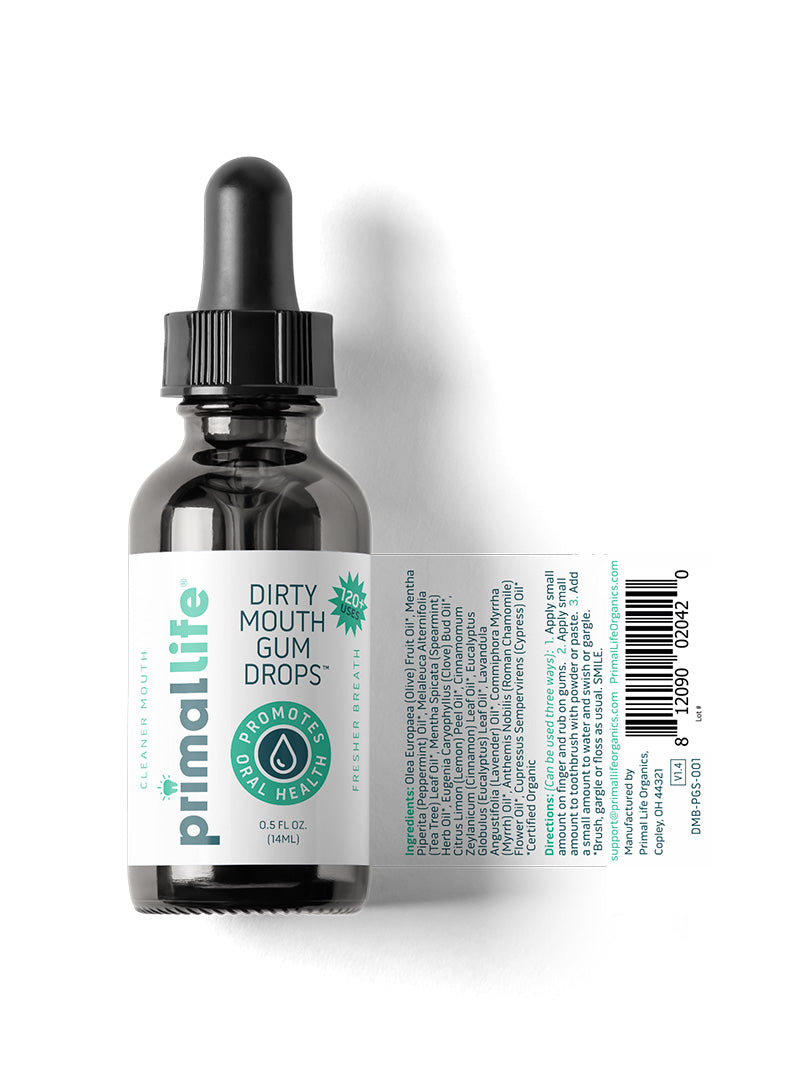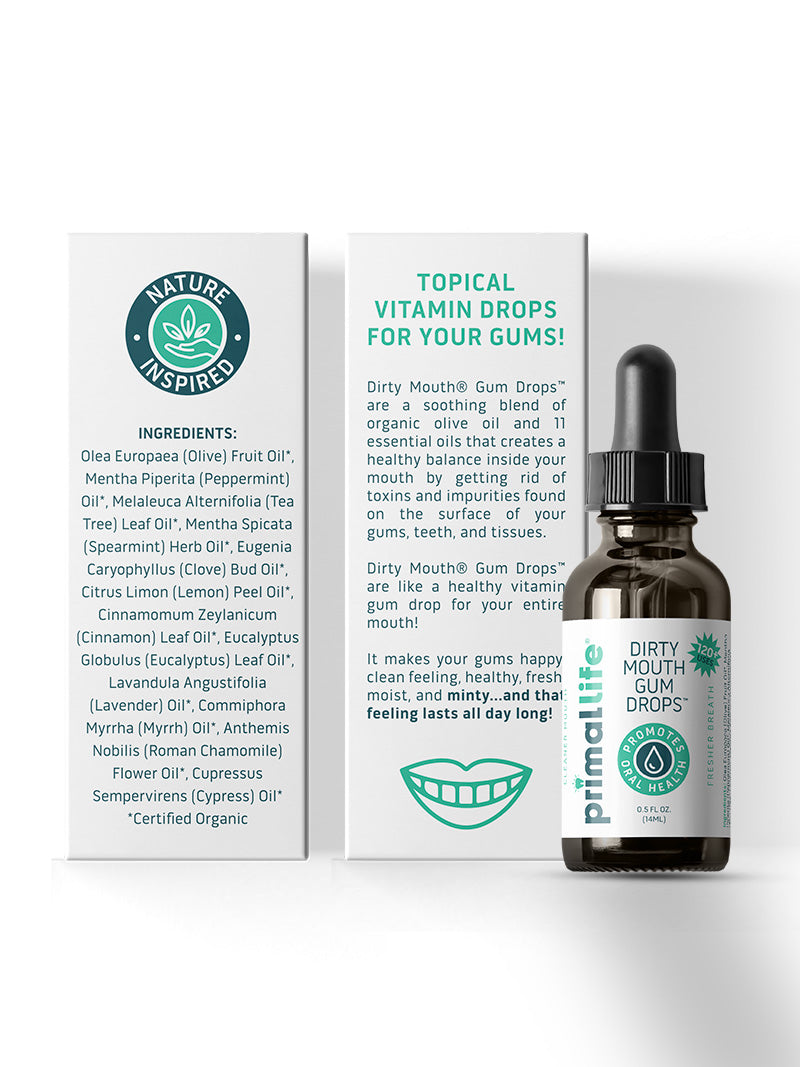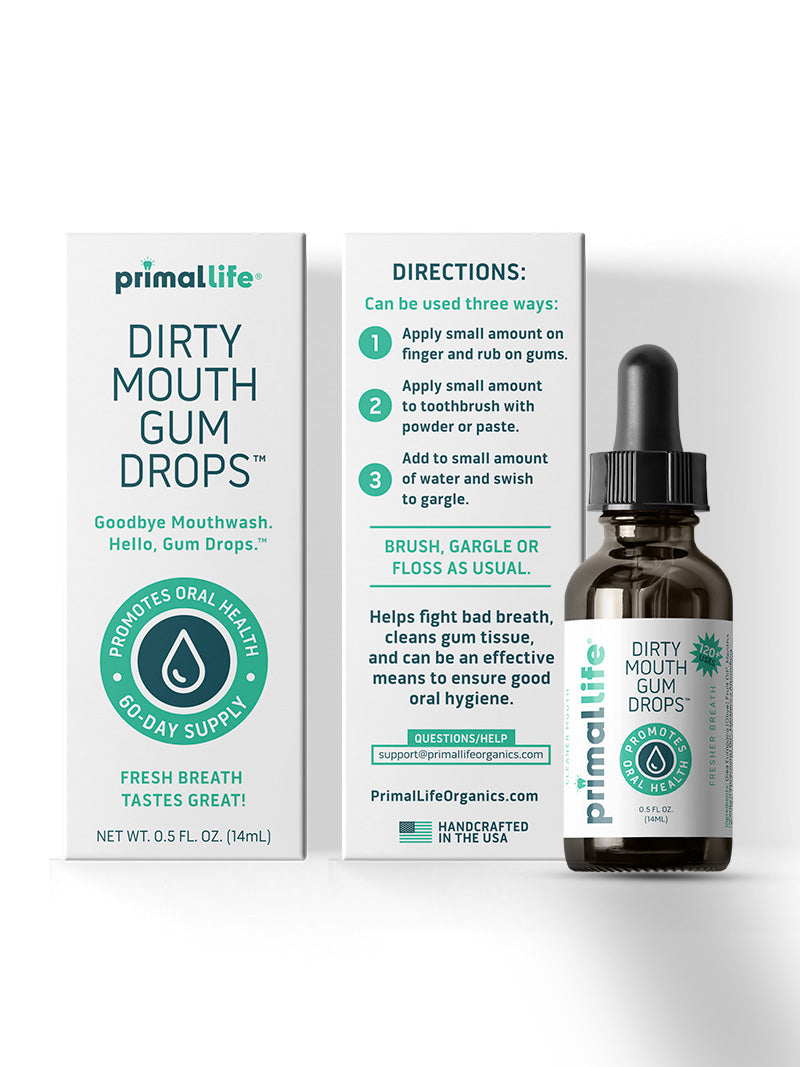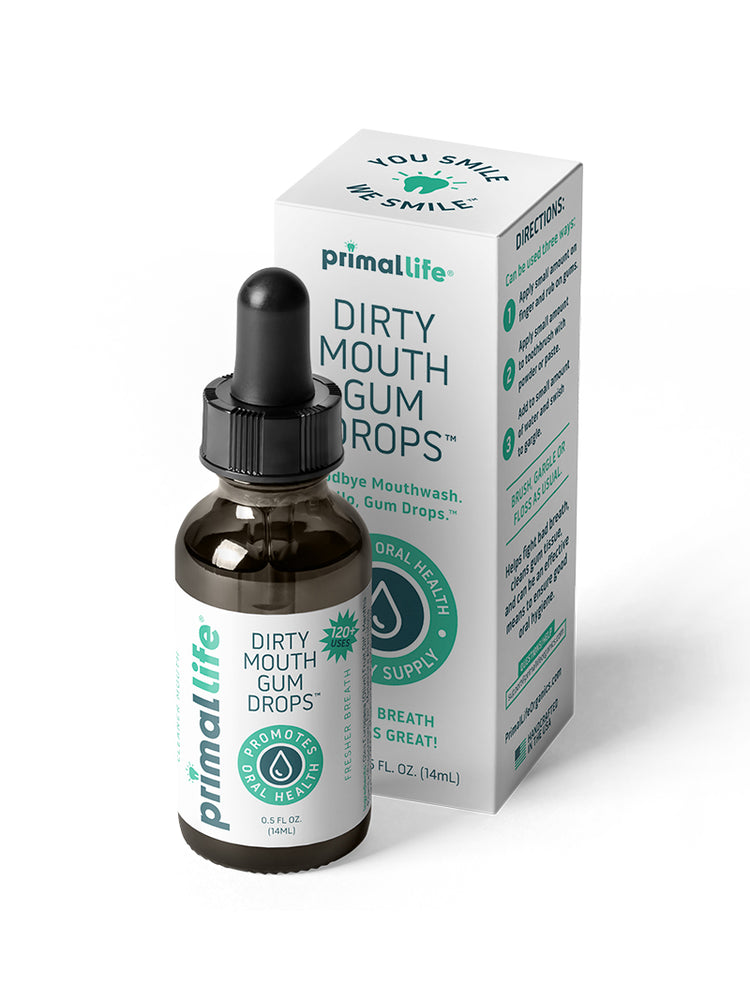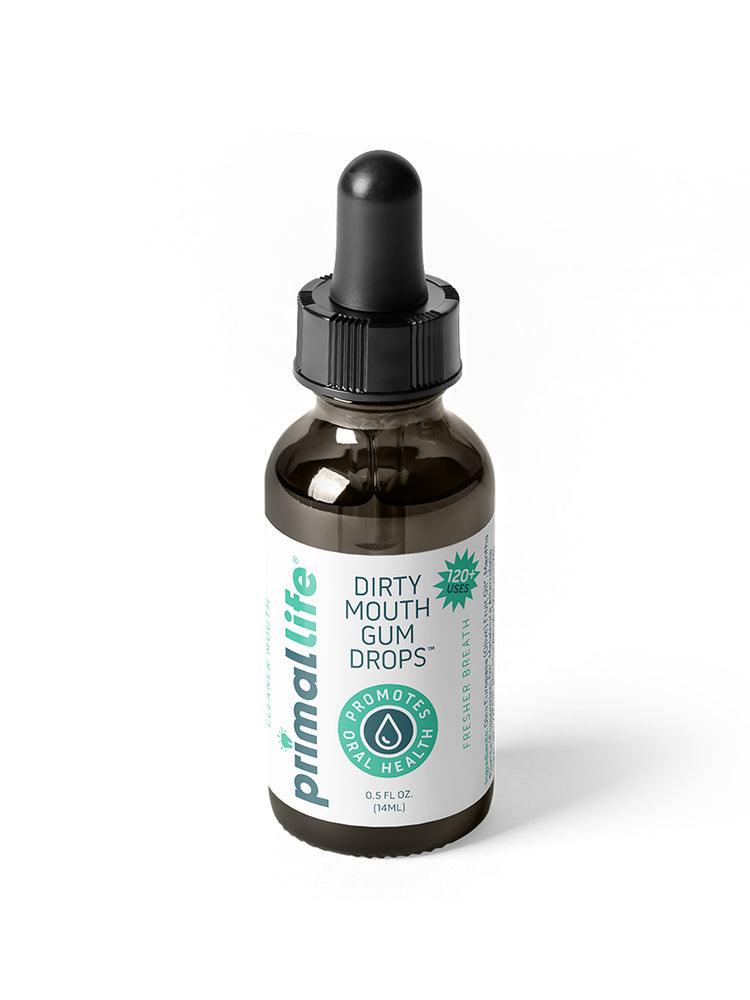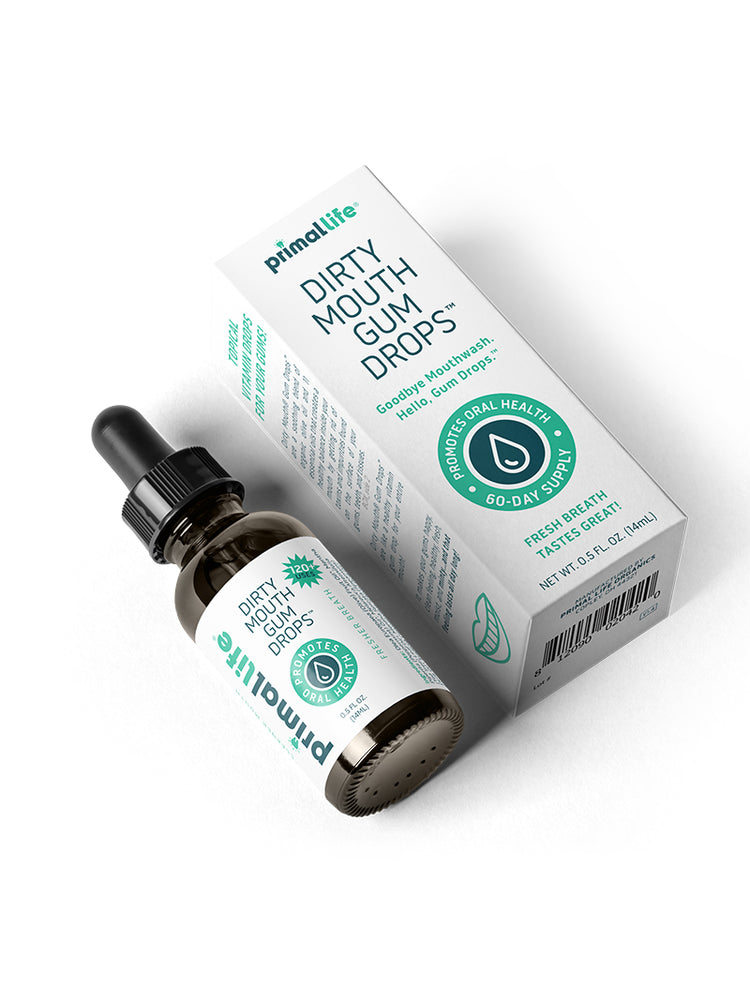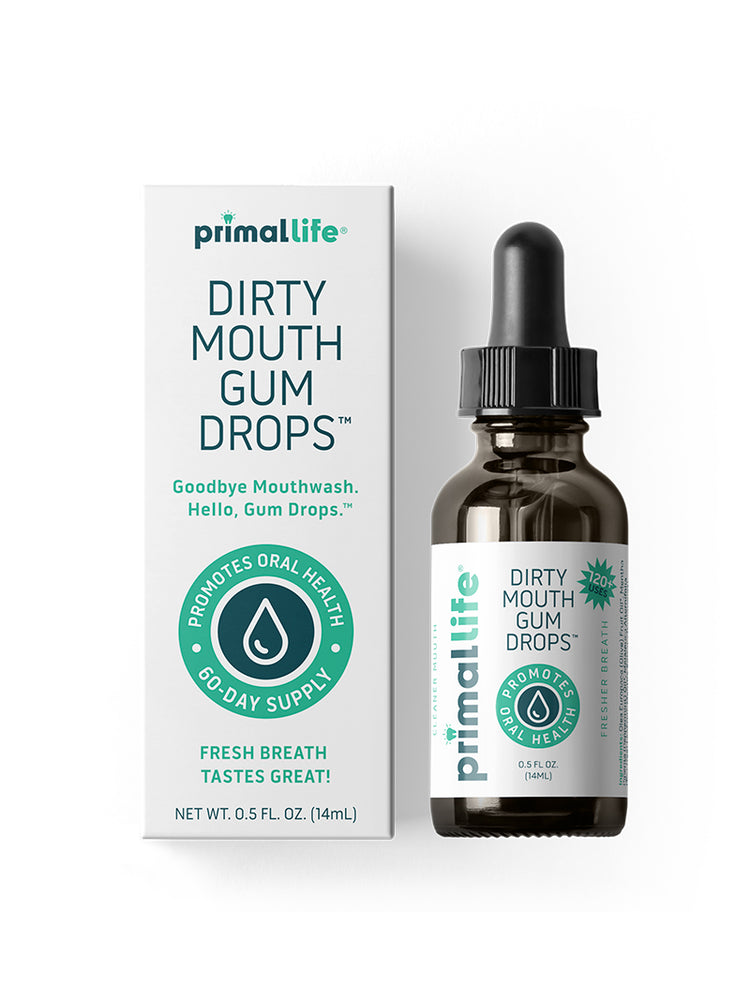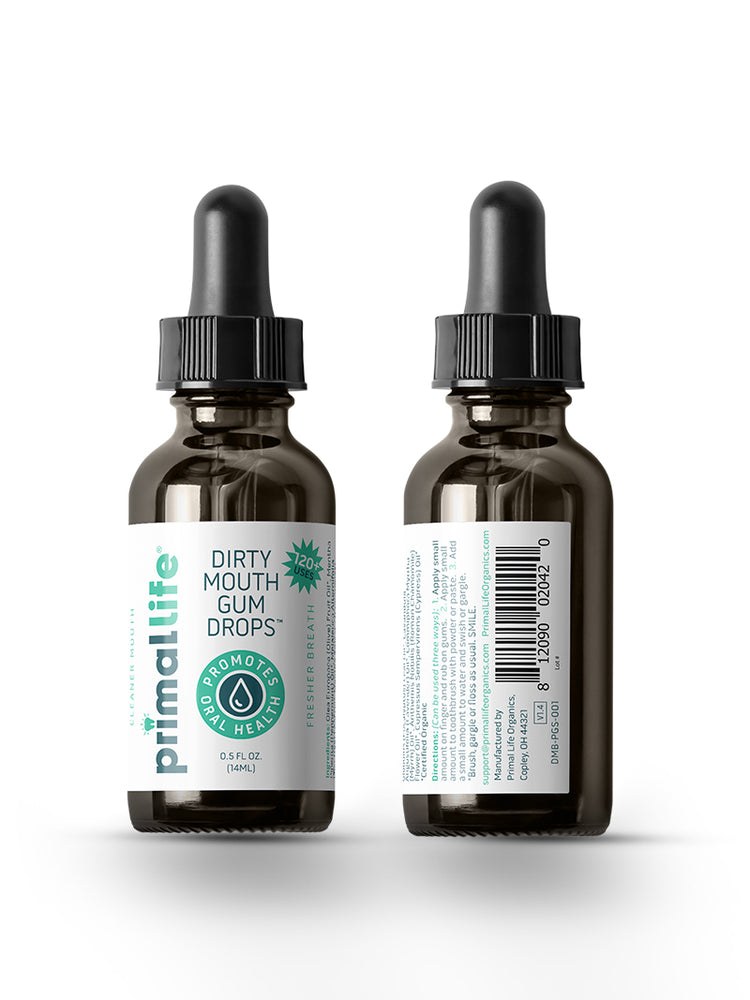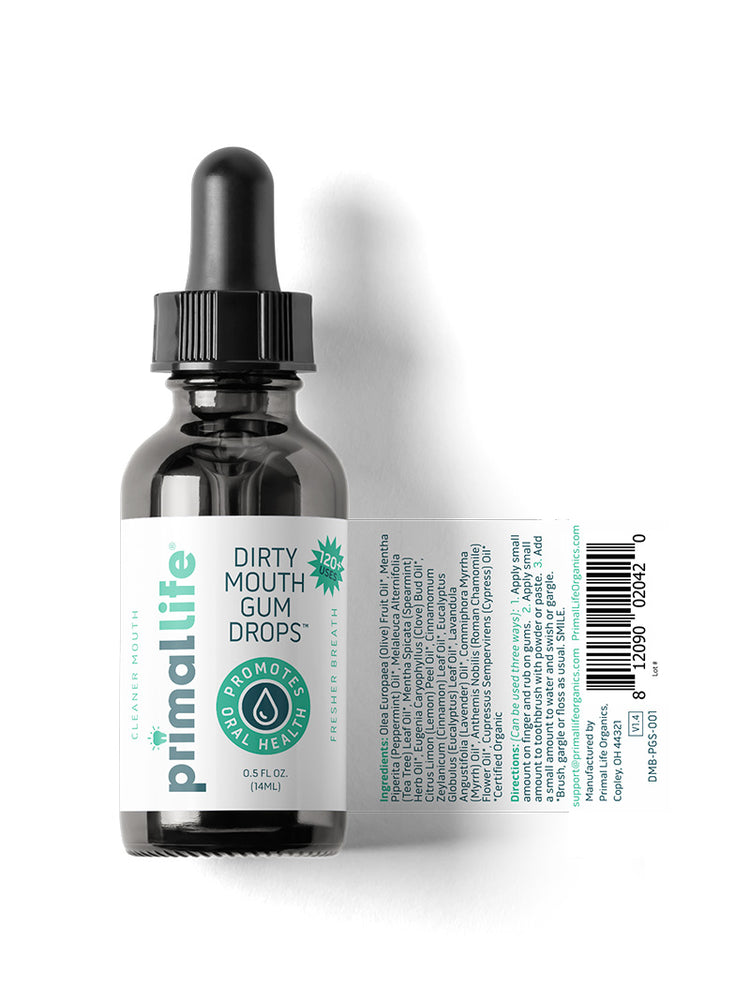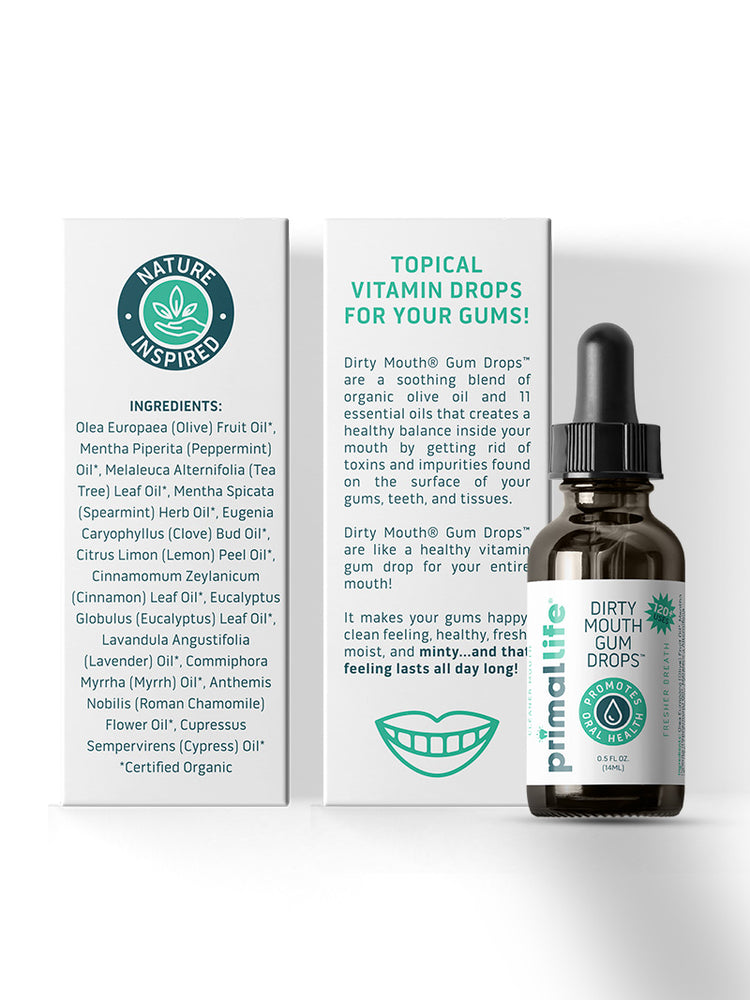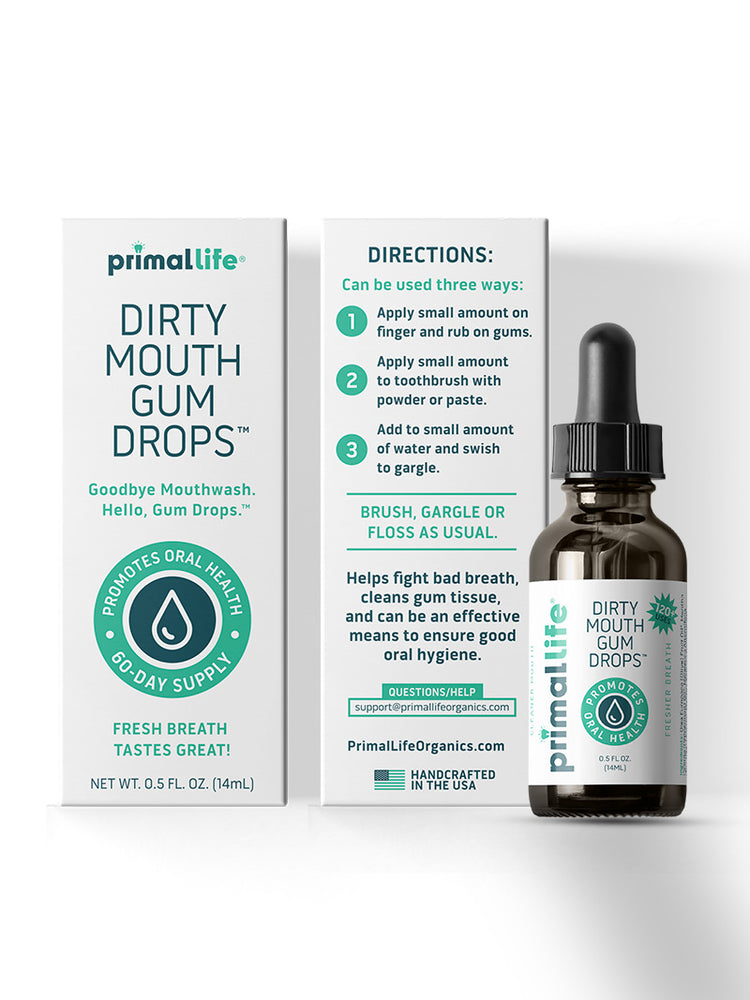How to Remineralize Teeth Naturally: The Complete Guide

Following the dentist-prescribed advice of brushing twice a day and flossing regularly seems guaranteed to keep tooth decay away. But what if you’ve followed all the steps and still feel your teeth acting up?
Unbeknownst to most people, good oral hygiene habits aren’t the only thing that protects you from dental decay. Your diet is also a major factor in determining whether you’re strengthening or weakening your teeth. Certain foods, like soft drinks and sugary stuff, trigger the loss of minerals from your tooth enamel in a process called demineralization. The result? Your enamel becomes damaged and allows decay to set in.
Luckily, demineralization can be countered by remineralizing your teeth, i.e., adding minerals back to your tooth enamel. This makes them stronger and less susceptible to acid attacks and harmful bacteria. In this post, we are going to show you how to remineralize teeth naturally.
The Tooth Structure
Before we go into the details of the remineralization process, we first need to understand the tooth structure. The enamel is the outermost layer of the tooth and has a high inorganic content, making it even harder than bones.
Below the enamel lies the dentin, which protects your teeth from the cold and heat. The dentin also contains the pulp, which consists of blood vessels and nerve endings. Lastly, the cementum firmly attaches the tooth to the gum and jawbone.
One thing to note is that both the enamel and dentin contain hydroxyapatite — a substance consisting of calcium phosphate. Hydroxyapatite is responsible for your teeth integrity, which means that the enamel and dentin are incredibly important for strong and healthy teeth.
What Is Demineralization?
Demineralization refers to the loss of essential minerals, like calcium and phosphate, from the tooth, particularly the enamel.
The tooth enamel is slowly eroded which makes the dentin more susceptible to heat and cold, resulting in sensitive teeth. Demineralization also increases the risk of tooth decay, dental caries, and even chipping.
The Causes of Demineralization
Loss of minerals from the enamel can be due to several factors that work alone or in tandem.
Harmful bacteria in your mouth, particularly Streptococcus mutans and Streptococcus sobrinus, break down sugar to produce acid. This creates an acidic oral environment that corrodes the enamel, and even the dentin, in severe cases. Besides that, the buildup of bacteria and sugar on the weakened tooth enamel increases the risk of tooth decay.
Eating acidic foods also lowers the pH levels, which can worsen demineralization. Phytic acid in certain foods combines with calcium and iron to form insoluble compounds. Your body becomes less likely to absorb these minerals for enamel repair, which encourages demineralization.
A dry mouth, also known as xerostomia, can cause demineralization too. The lack of saliva flow enables harmful bacteria and sugars to stay on your teeth even longer. Moreover, since saliva is a natural source of remineralizing calcium and phosphate, little or no saliva flow means that no such minerals are produced to counter demineralization.
Can You Remineralize Teeth?

But all hope is not lost yet as tooth remineralization is possible. In fact, remineralization and demineralization naturally occur in your mouth. Whenever you swallow saliva or eat something acidic, you’re either adding or subtracting minerals from your teeth.
The unwanted effects of demineralization are only experienced when certain habits or diets favor the loss of minerals from the tooth enamel. In other words, demineralization is happening at a faster rate than remineralization — your teeth are losing minerals faster than they are being replenished.
How to Remineralize Your Teeth Naturally
The above-mentioned dental treatments are effective but they may be harmful to your health and aren’t cheap either (a sealant costs $30-$60 per tooth). Instead of relying on dental treatments, why not try remineralizing your teeth naturally? From keeping your mouth hydrated to avoiding certain foods, these methods are not only effective and safe but also budget-friendly.
1. Practice Oral Hygiene
Besides changing up your diet, practicing oral care with the right products can elevate the remineralization process to greater heights.
Our Dirty Mouth Toothpowder is made with bentonite, kaolin, and French green clays that absorb bad bacteria while adding essential minerals like calcium and phosphorus back to your teeth. This natural remineralizing tooth powder detoxifies the oral cavity and provides the ideal alkaline environment so that tooth decay is a thing of the past.
Team up the tooth powder with our formidable Charcoal Ion Natural Toothbrush. Created from activated charcoal and 100% sustainable bamboo, this toothbrush scrapes off plaque effortlessly while whitening your teeth.
Lastly, use the Dental Floss after brushing to spread the minerals from the Tooth Powder around your teeth for a stronger remineralizing effect.
2. Drink More Water
Sometimes, the reason for a dry mouth is because you aren't drinking enough water. Since saliva is 98% water, aim for eight glasses of water per day to promote saliva flow in your mouth.
If you've just consumed something acidic or sugary, drinking water can also help to wash away the harmful substances that will otherwise wear down your tooth enamel. Plus, this tip is easy to follow and cost-free.
If you have a pre-existing health condition that’s responsible for your dry mouth, try speaking with your doctor to see what other tips can help address this issue for you. It may involve using a humidifier or avoiding spicy and salty foods.
3. Chew Sugarless Gum
The act of chewing helps stimulate saliva flow and increase the pH level in your mouth. Given that saliva neutralizes acidity and is antibacterial, chewing gum indirectly remineralizes teeth.
Choose a sugarless chewing gum that contains xylitol, a sugar-free sweetener. Research has shown that xylitol reduces bad bacteria without lowering the number of good bacteria in your mouth. This, in turn, lowers the risk of demineralization and resulting dental caries.
4. Cut Down on Acidic Foods

Remember when we said acidic foods contribute to demineralization? It's best to reduce your intake of such foods. Stay away from soft drinks or fruit juices that contain carbonic acid and citric acid — these acids dissolve hydroxyapatite and weaken your tooth enamel.
Foods high in phytic acid, like nuts, legumes, and grains, can be a little hard to cut out of your diet entirely since they contain other useful nutrients too. An alternative would be to change the way you prepare these foods to reduce their phytic acid content, like soaking the foods overnight or fermenting them.
5. Consume Sugary Foods Less Often
Did you know the amount of sugar you eat is not as harmful as how often you eat it? According to The American Journal of Clinical Nutrition, the fall in pH levels after sugar consumption can last between 30 minutes and a few hours. What this means is that constantly snacking on sugary foods results in prolonged exposure of your teeth to acidity.
The solution to frequent sugar intake is as simple as reducing the frequency. Cut down on how often you snack on a bar of chocolate or a bag of sweets in between meals.
Another thing to note is that starchy foods like sweet potatoes and white rice may also work against teeth remineralization efforts since starch gets broken down into glucose. Instead, opt for non-starchy foods like cabbage, asparagus, and avocado.
6. Eat More Dairy Products, Lean Meats, and Healthy Fats
Another way to bolster teeth remineralization is to get more vitamin D, calcium, and phosphate through your diet.
You already know that calcium and phosphate help remineralize your teeth, but what about vitamin D? Vitamin D regulates calcium absorption and promotes antimicrobial peptides in your mouth. Eating foods like egg yolk and organ meats will help boost vitamin D levels in your body.
Besides that, lean meats like chicken and turkey, as well as fatty fish (e.g., salmon, scallop, and mackerel) aid the remineralization process too. Low-fat and nonfat dairy products, like cheese and milk, will also help increase the mineral content absorbed by your body.
Alternatively, if you're unable to get your hands on the above-mentioned foods, try dietary supplements to fulfill your body's daily needs.
7. Try Probiotics
Gut flora is important, and so is oral flora. Research has shown that eating a probiotic yogurt containing Bifidobacterium animalis reduced the number of bad bacteria, mutans streptococci, in the saliva of orthodontic patients. And the best part? You only have to eat probiotic yogurt every day for two weeks to get a healthy mouth.
Hello Stronger and Healthier Teeth
Remineralizing teeth the natural way has never been so easy and so effective. Eating the right foods in the right proportion will go a long way to strengthen teeth and promote good oral health. Pairing these dietary changes with oral hygiene habits will make for a healthy mouth and even reverse tooth decay. It's time to say goodbye to sensitive teeth and dental caries while welcoming stronger, healthier teeth.







